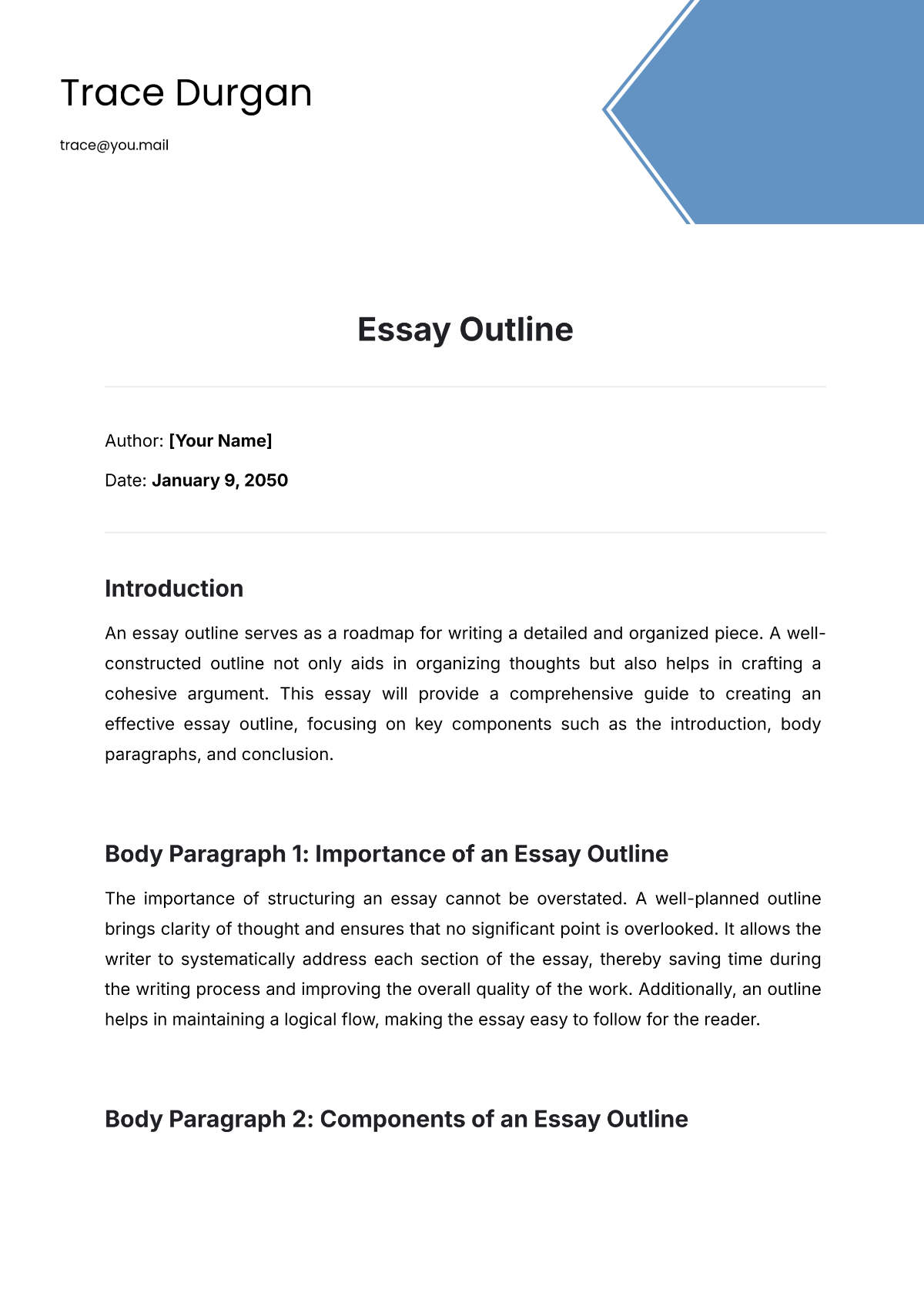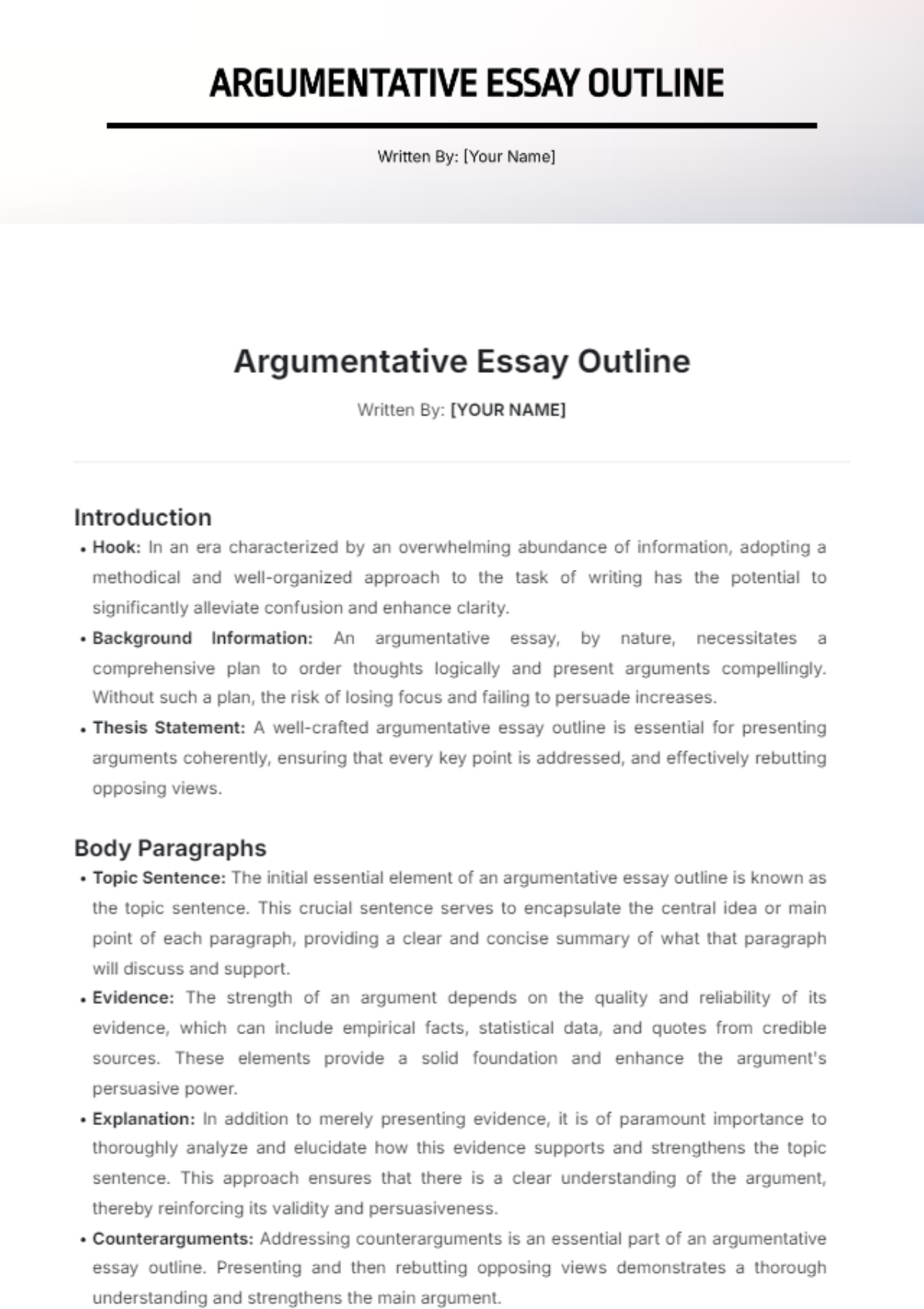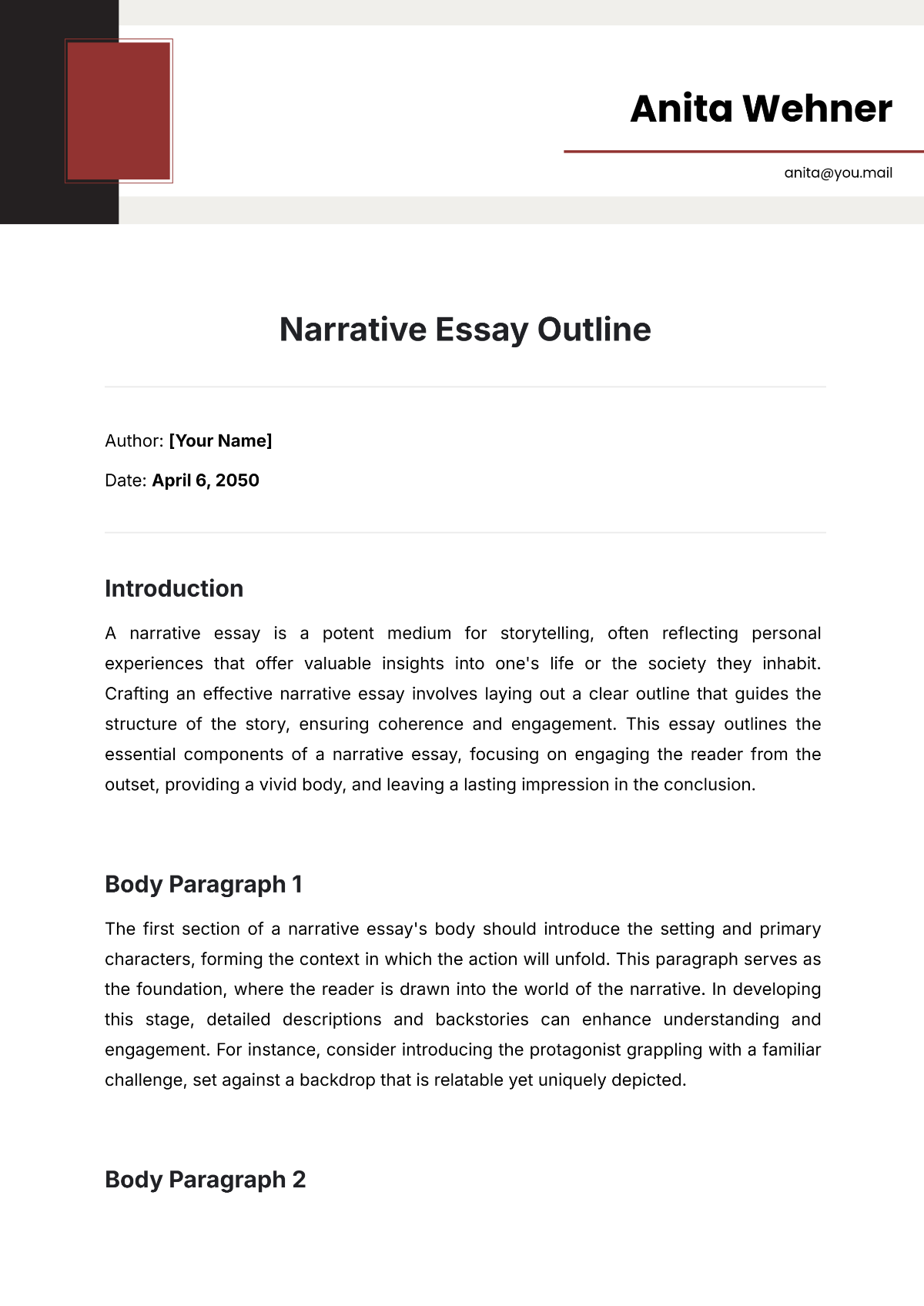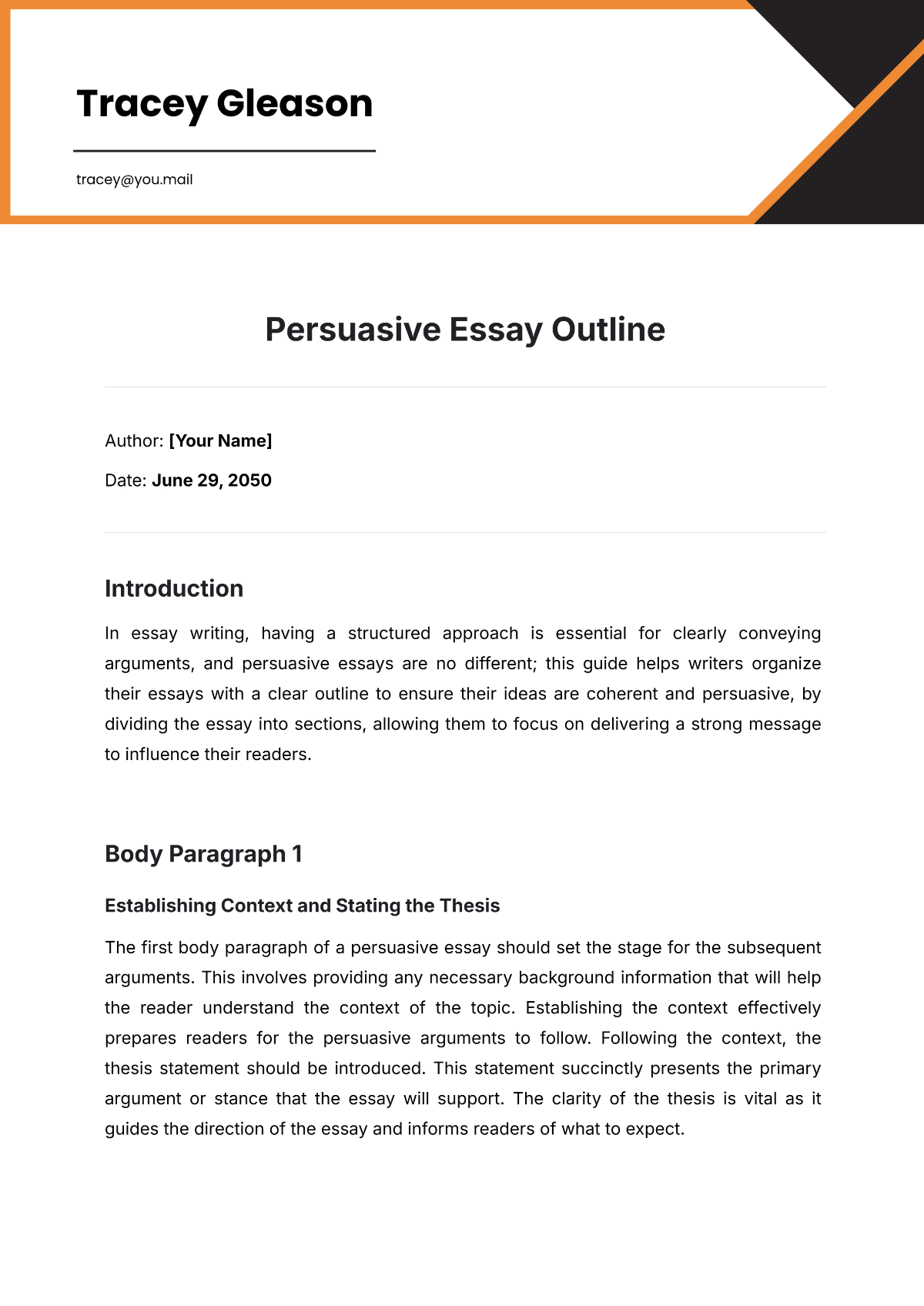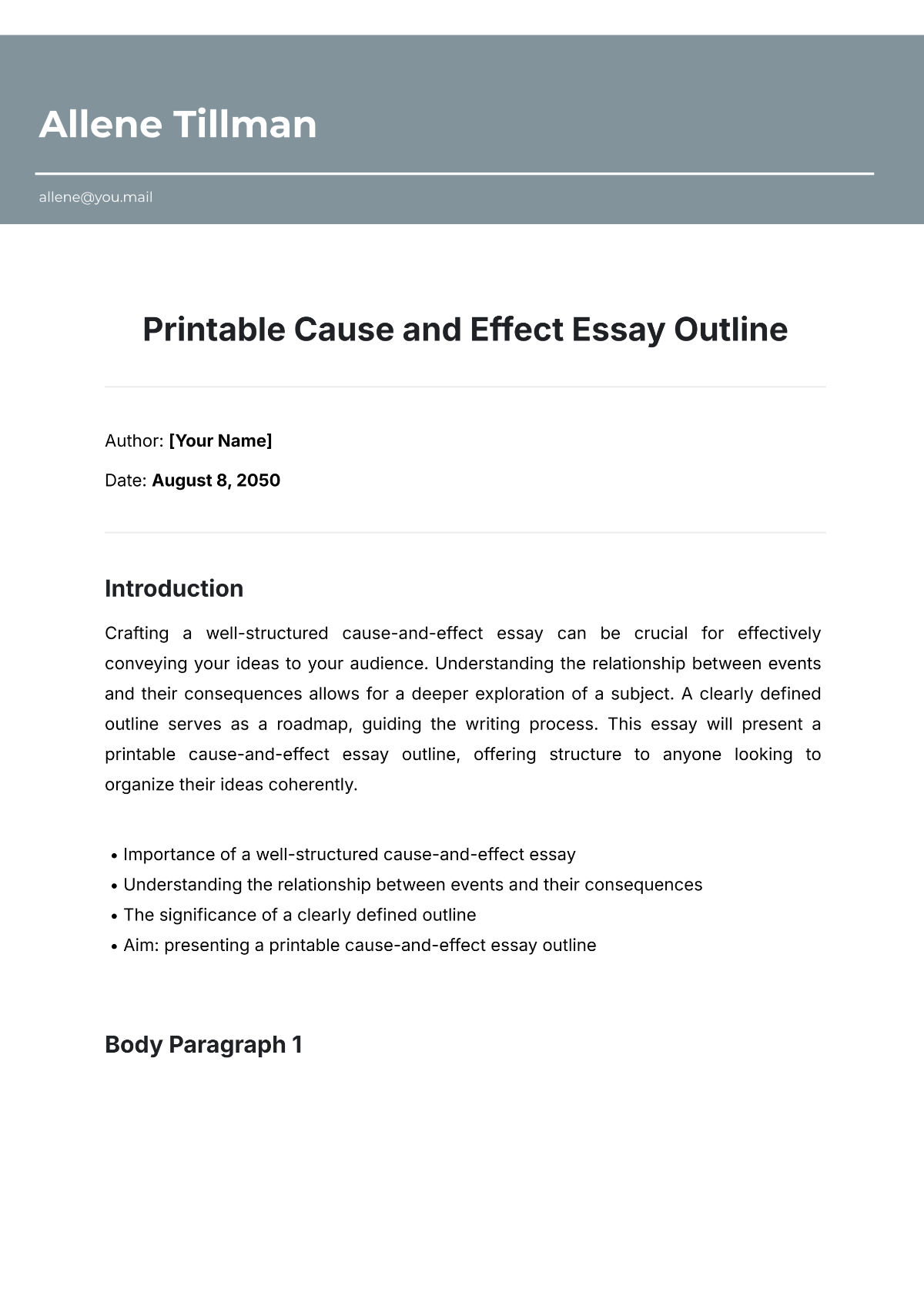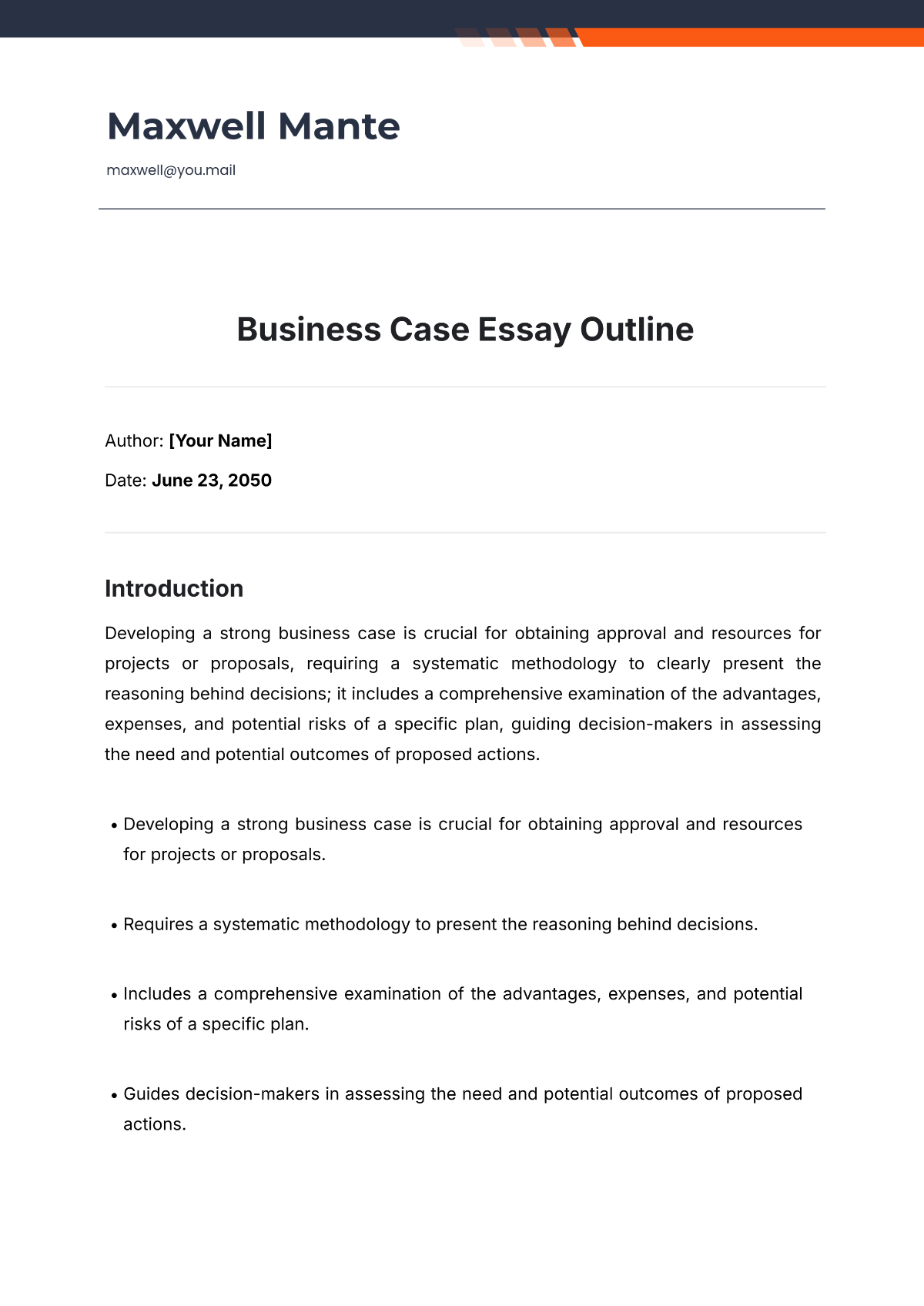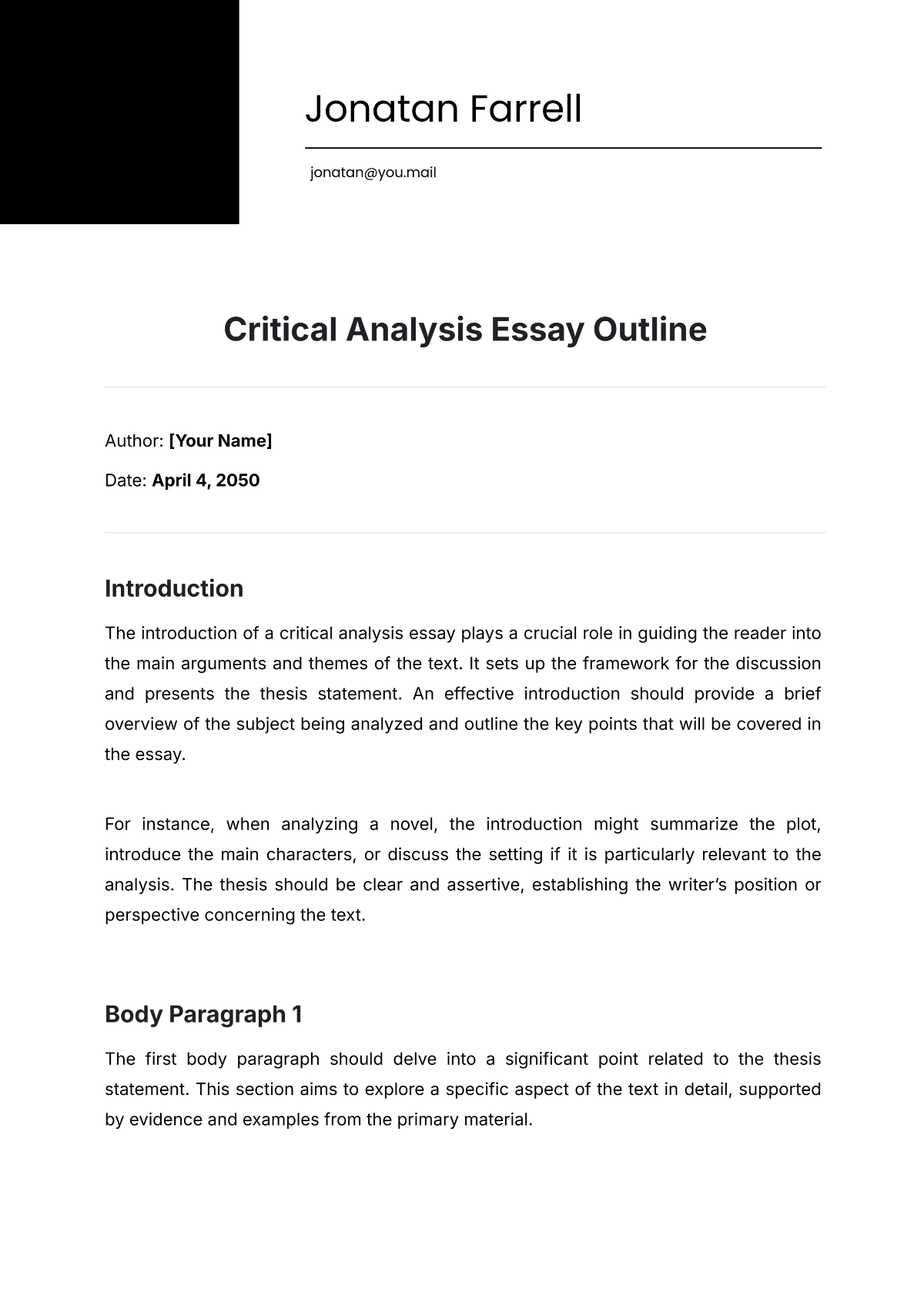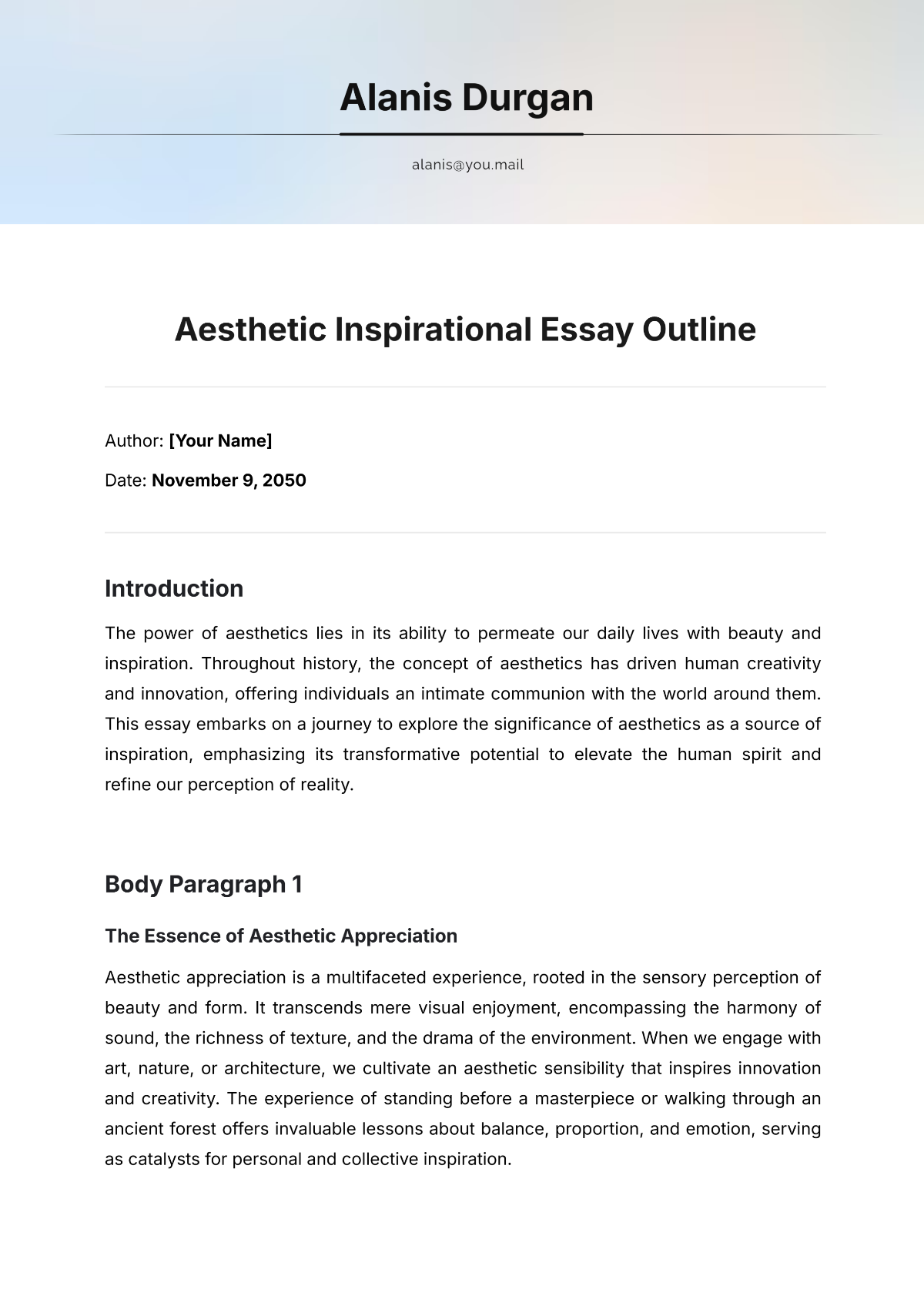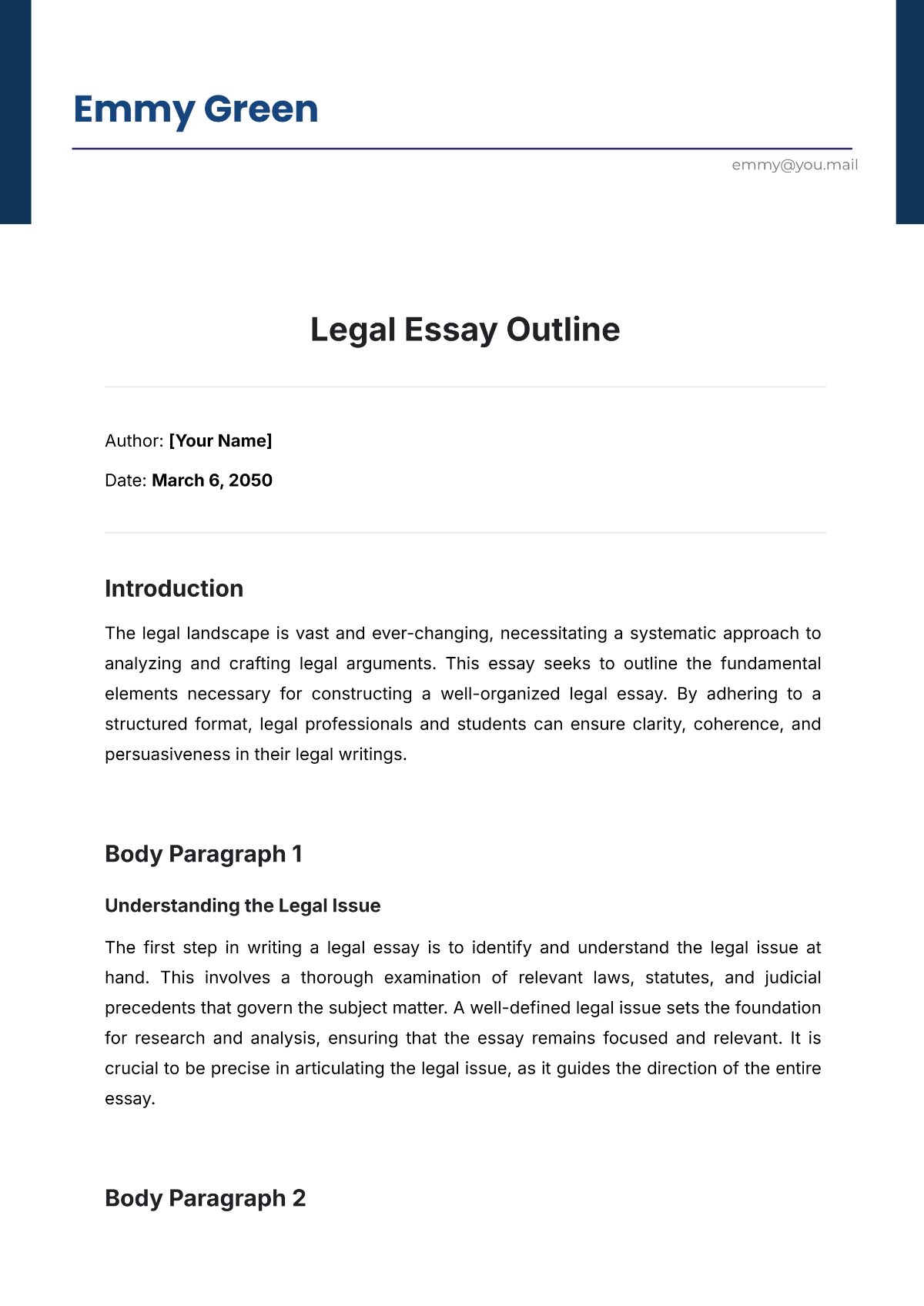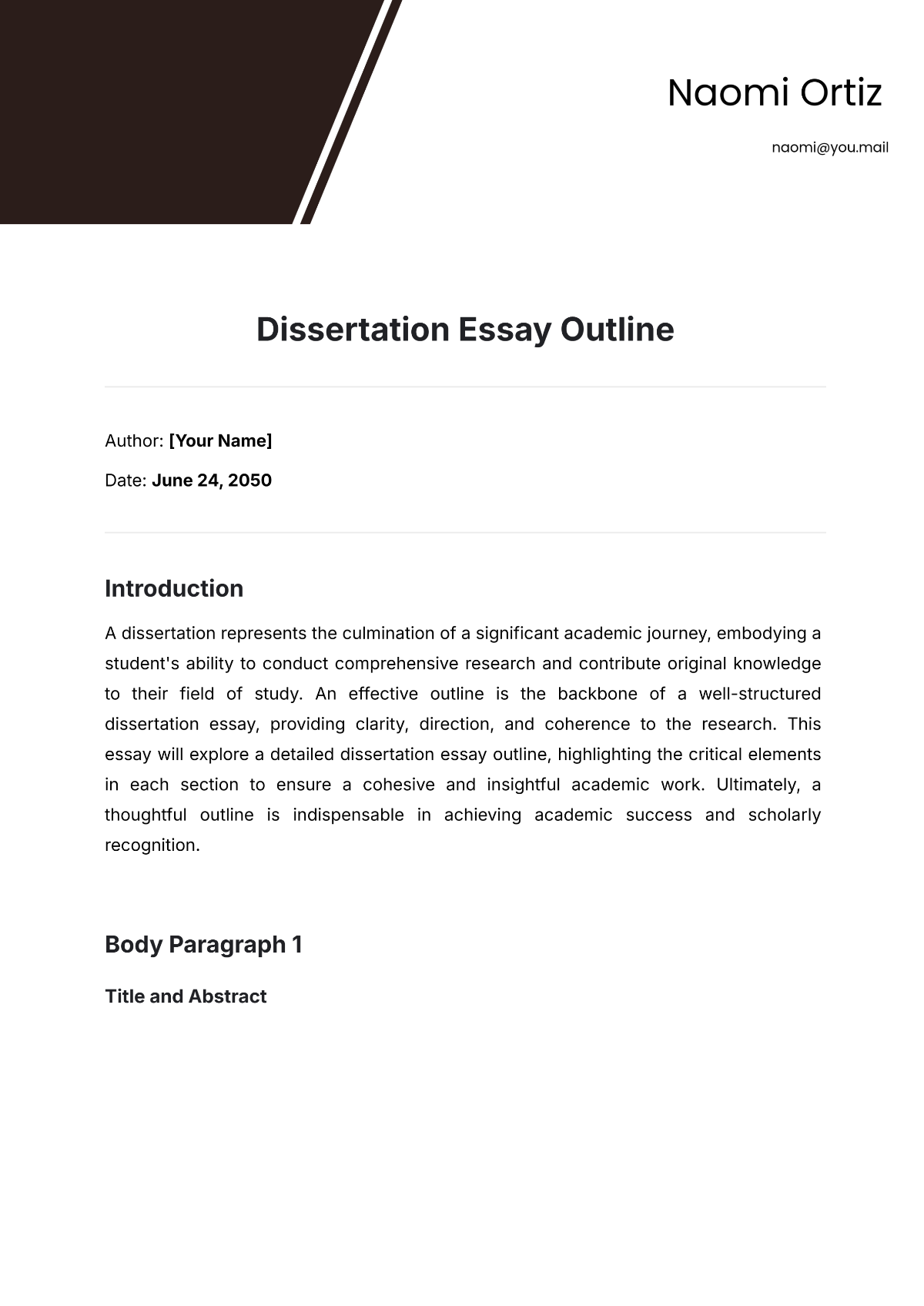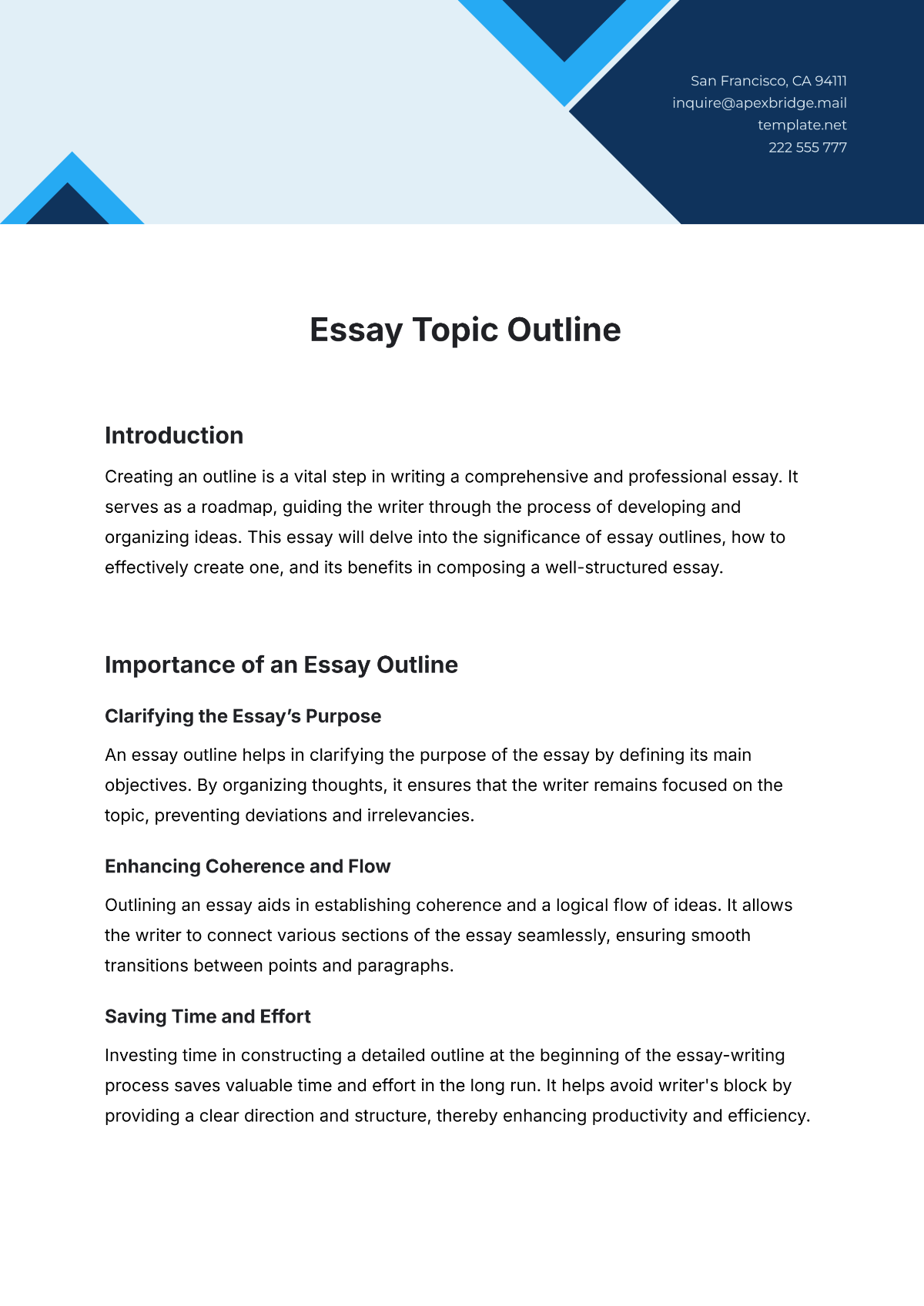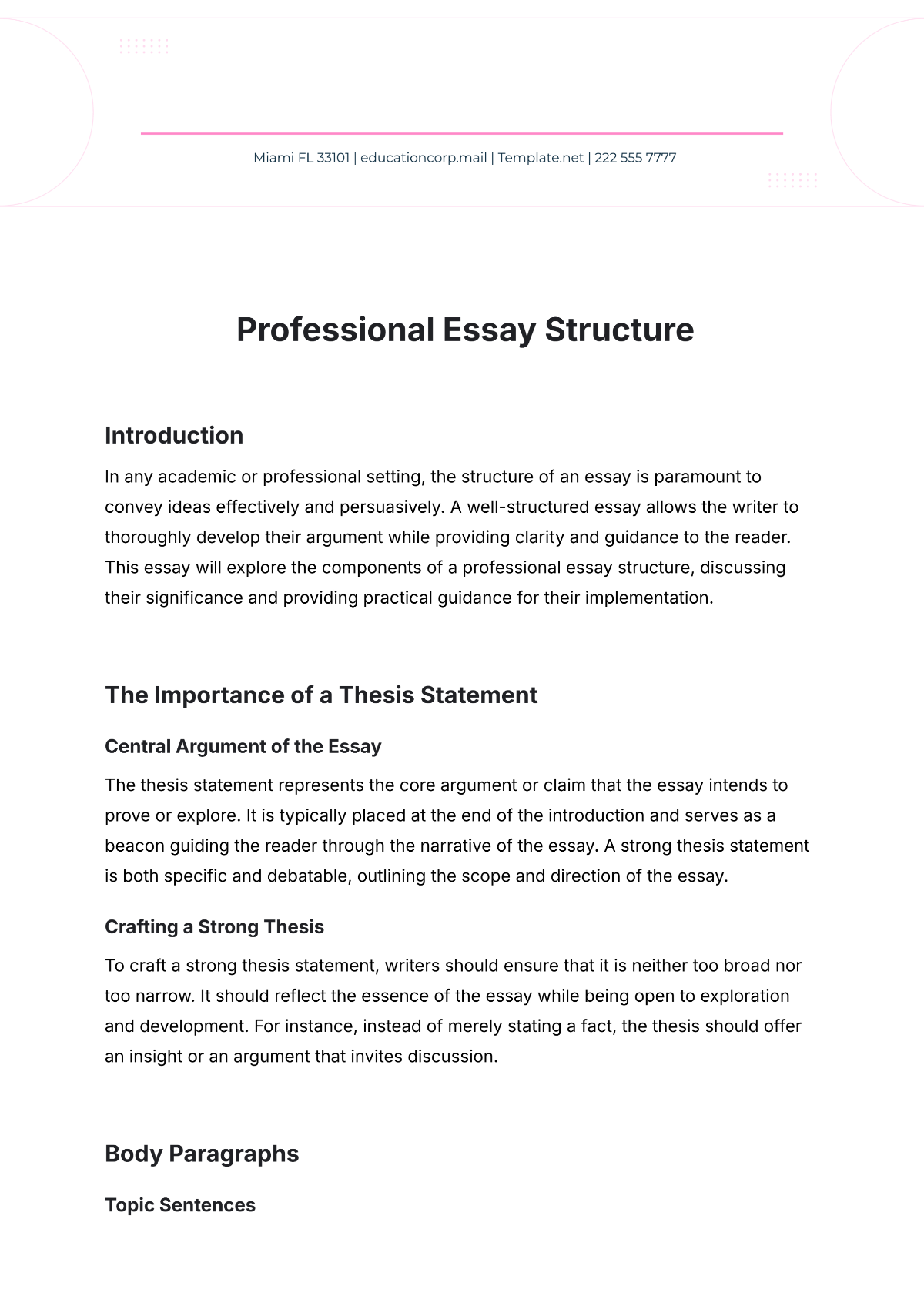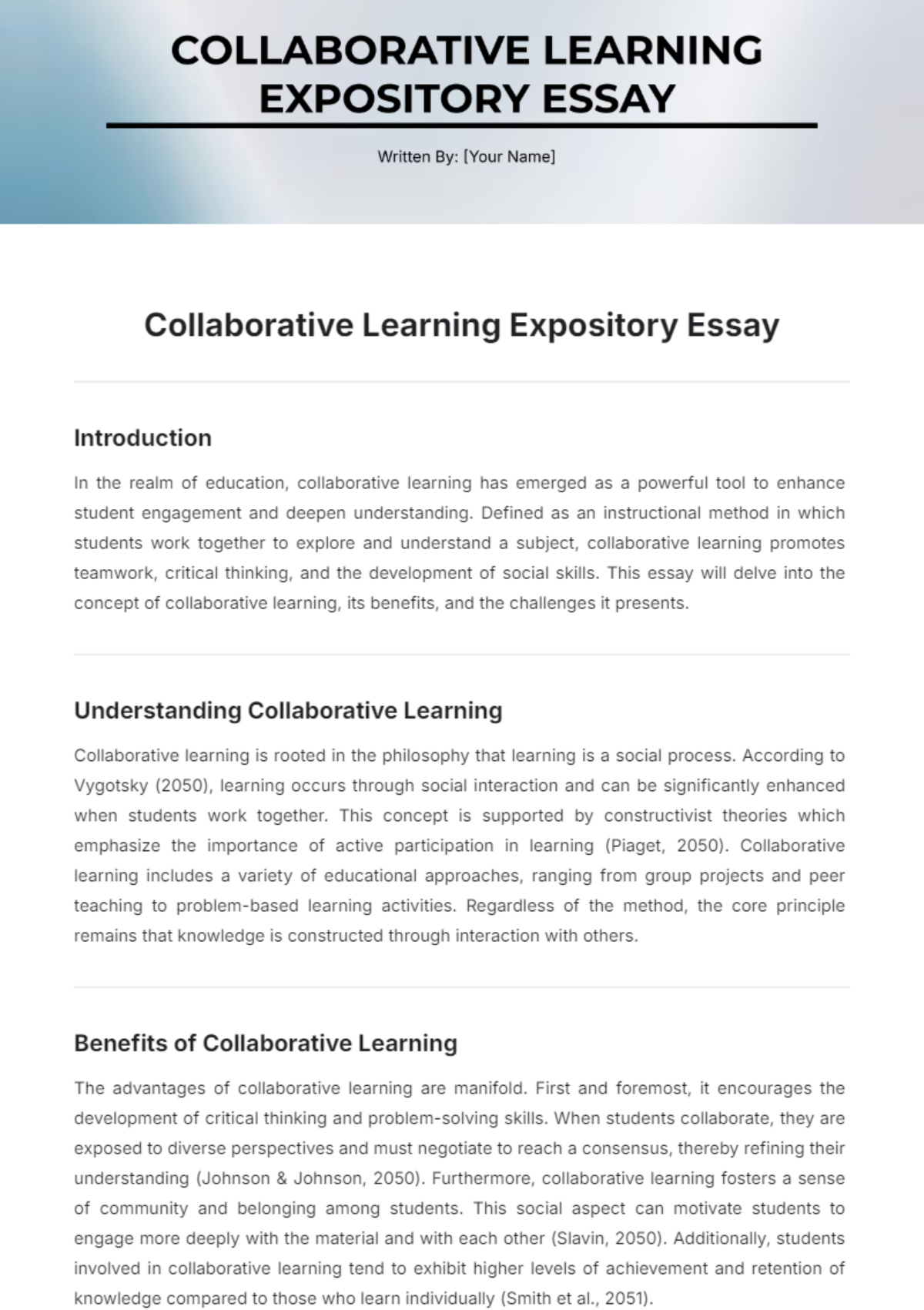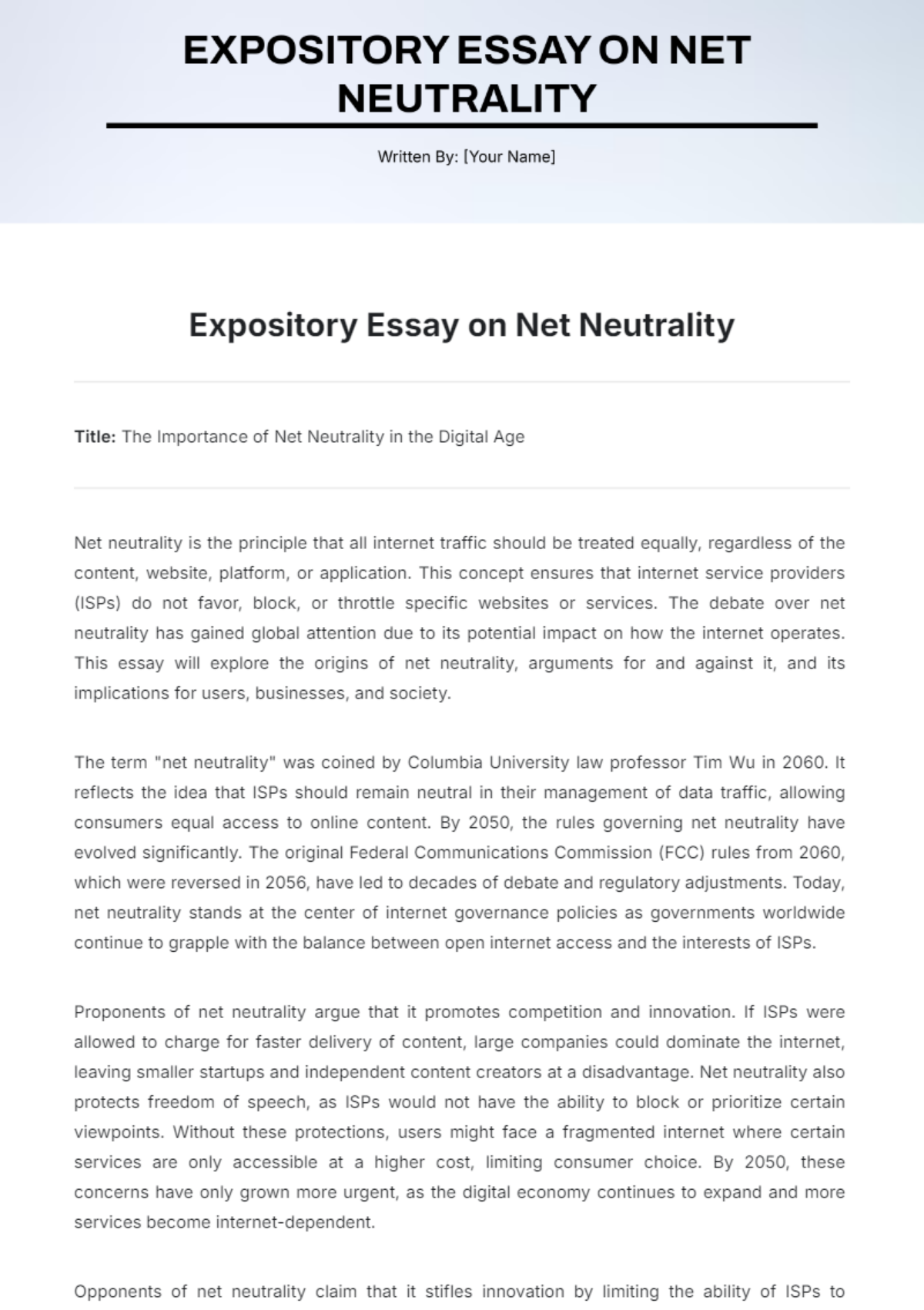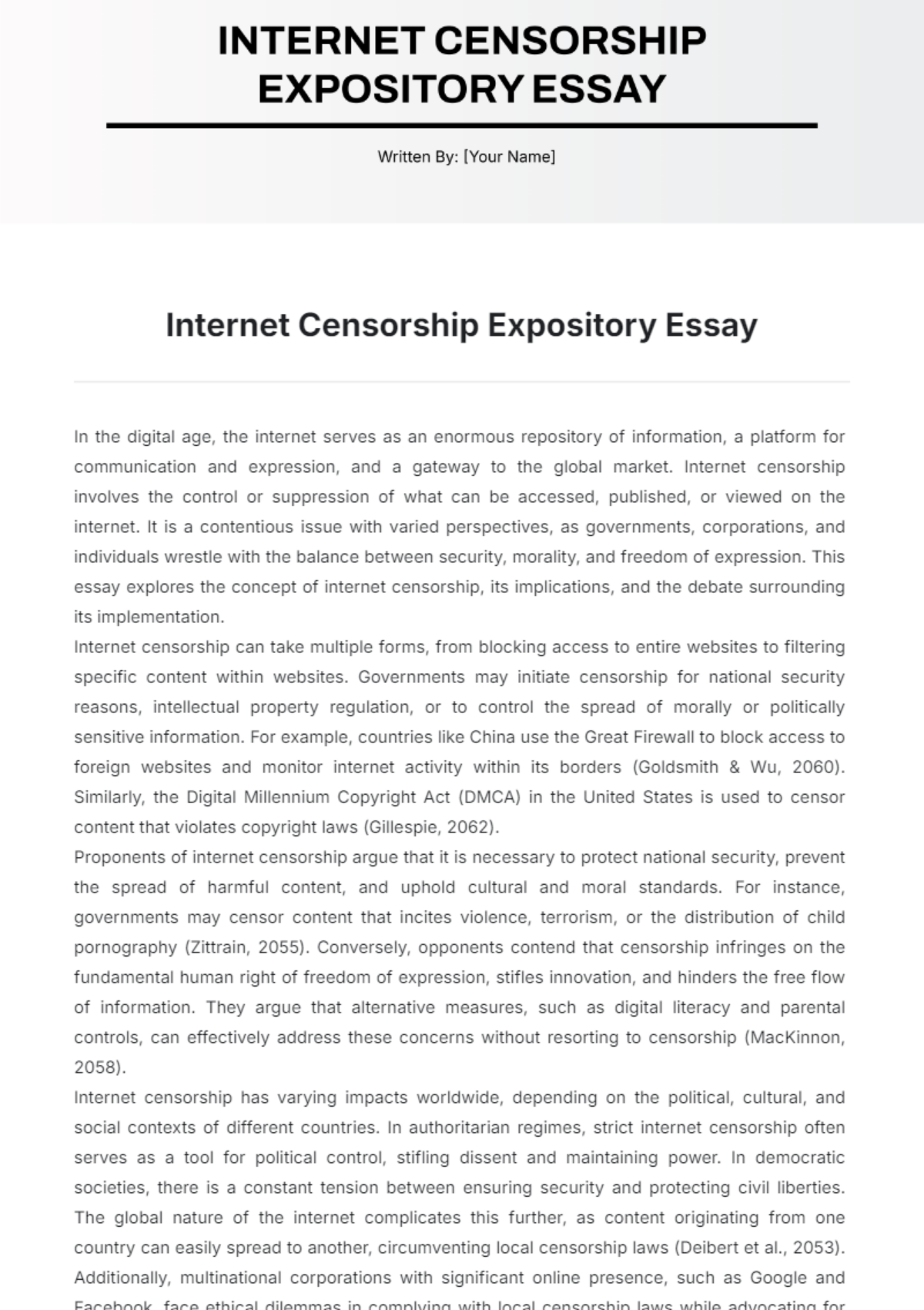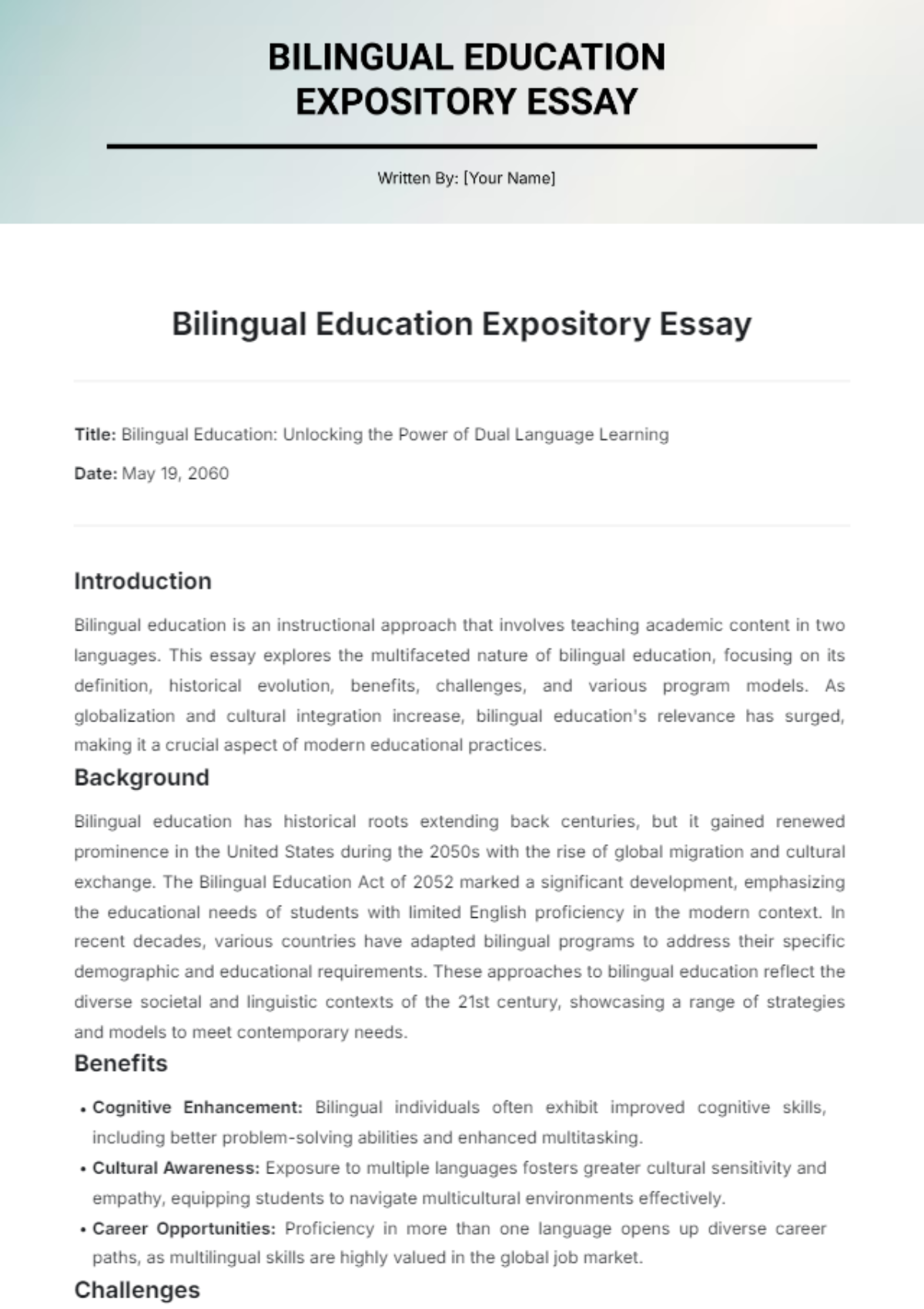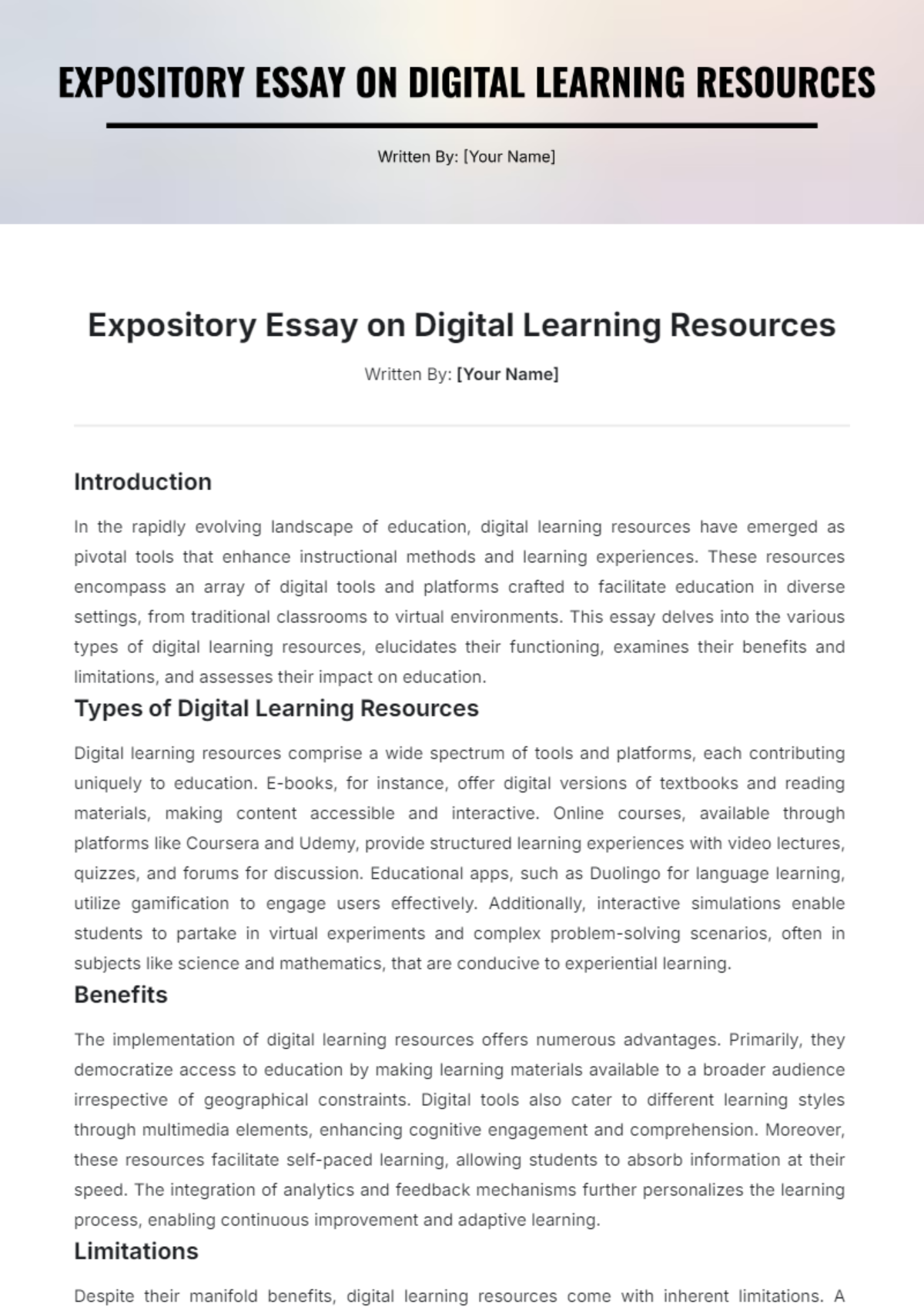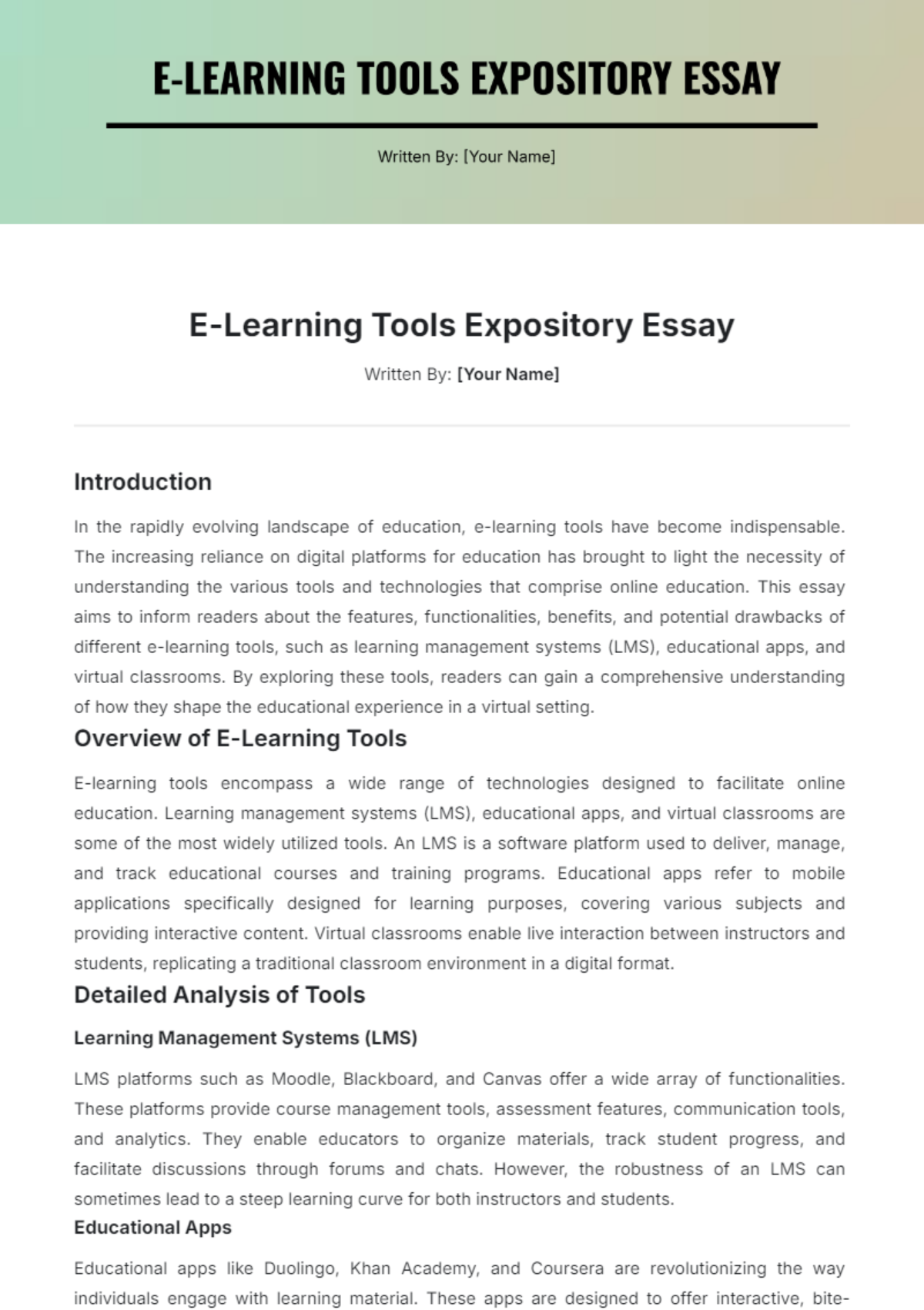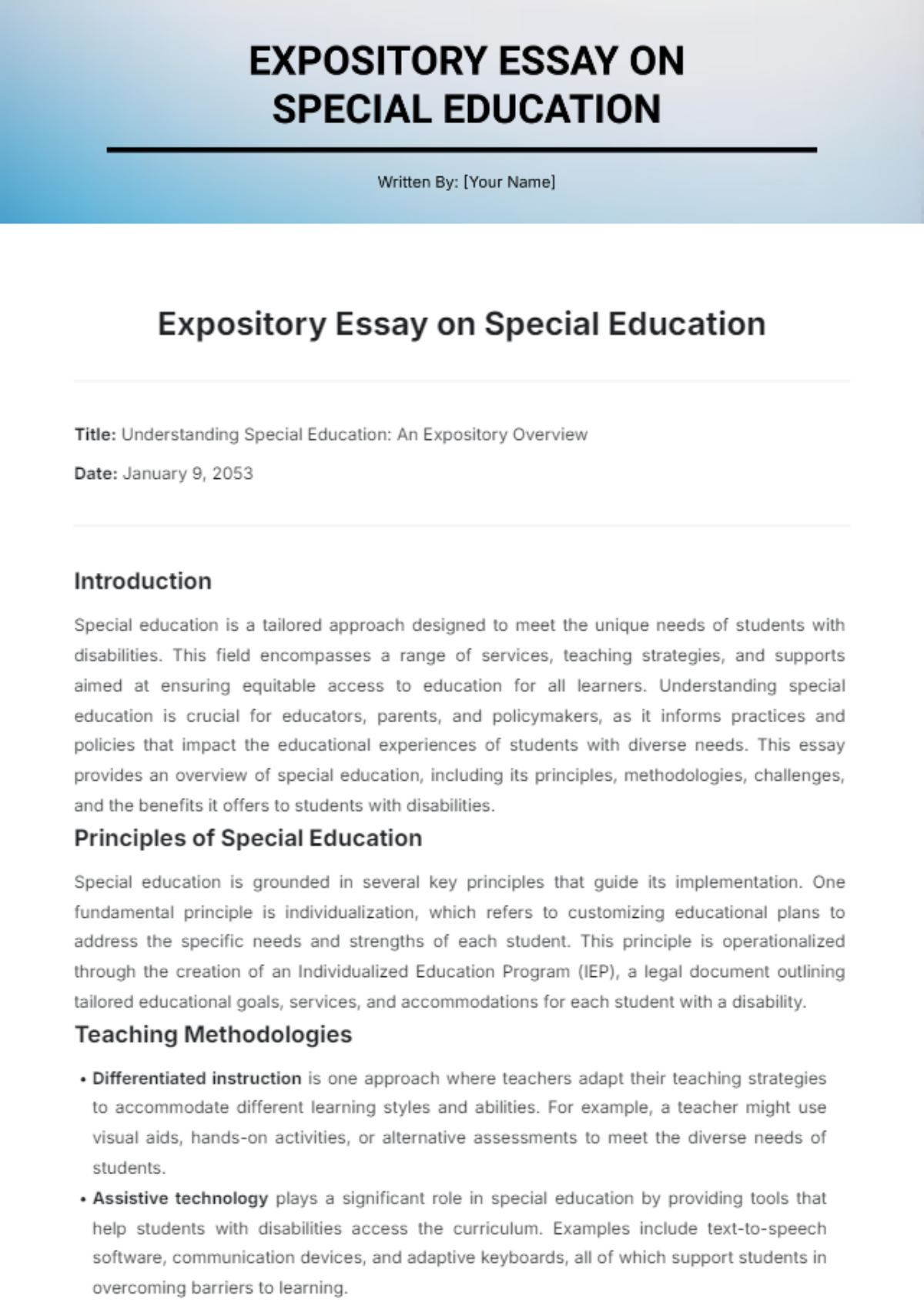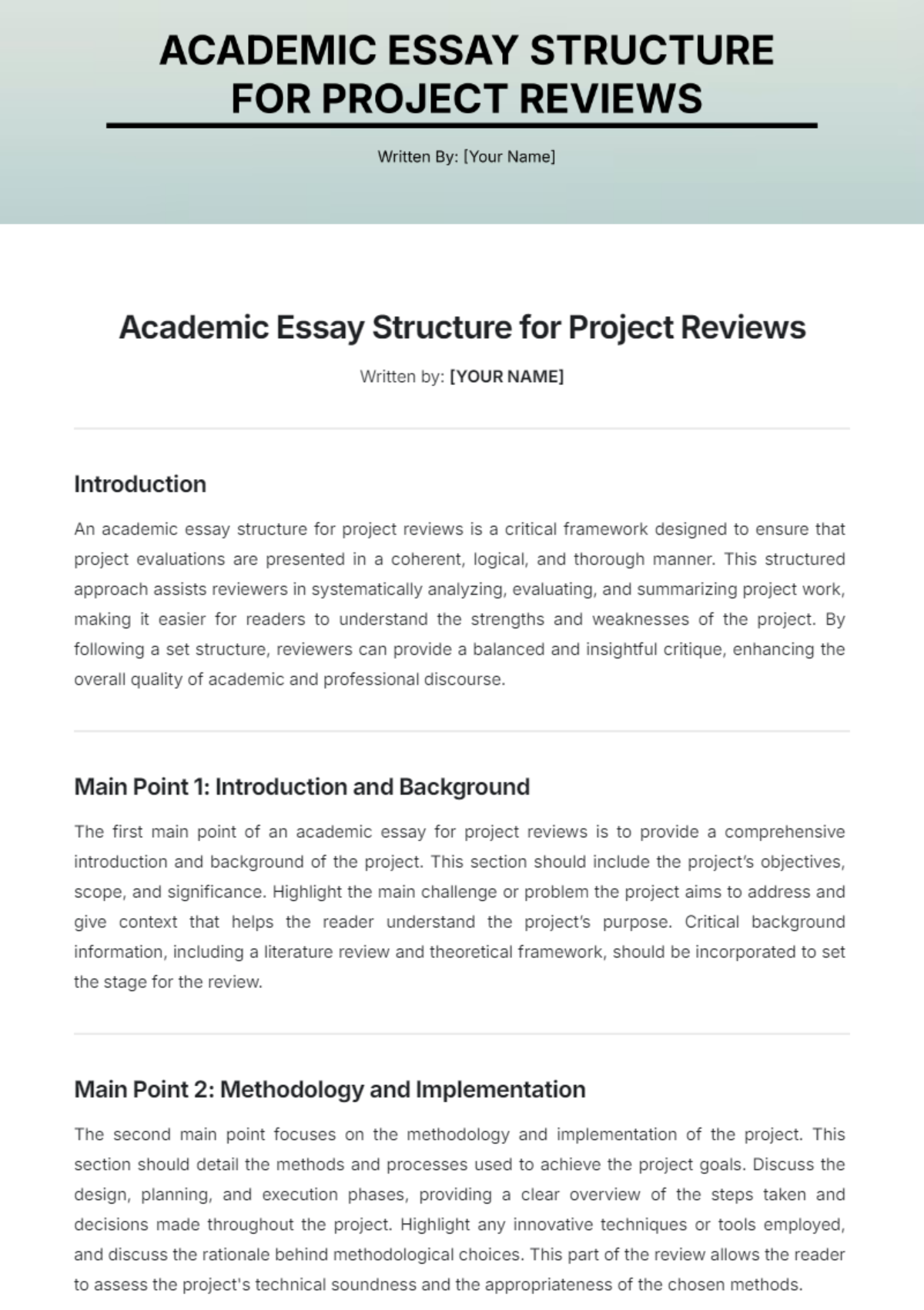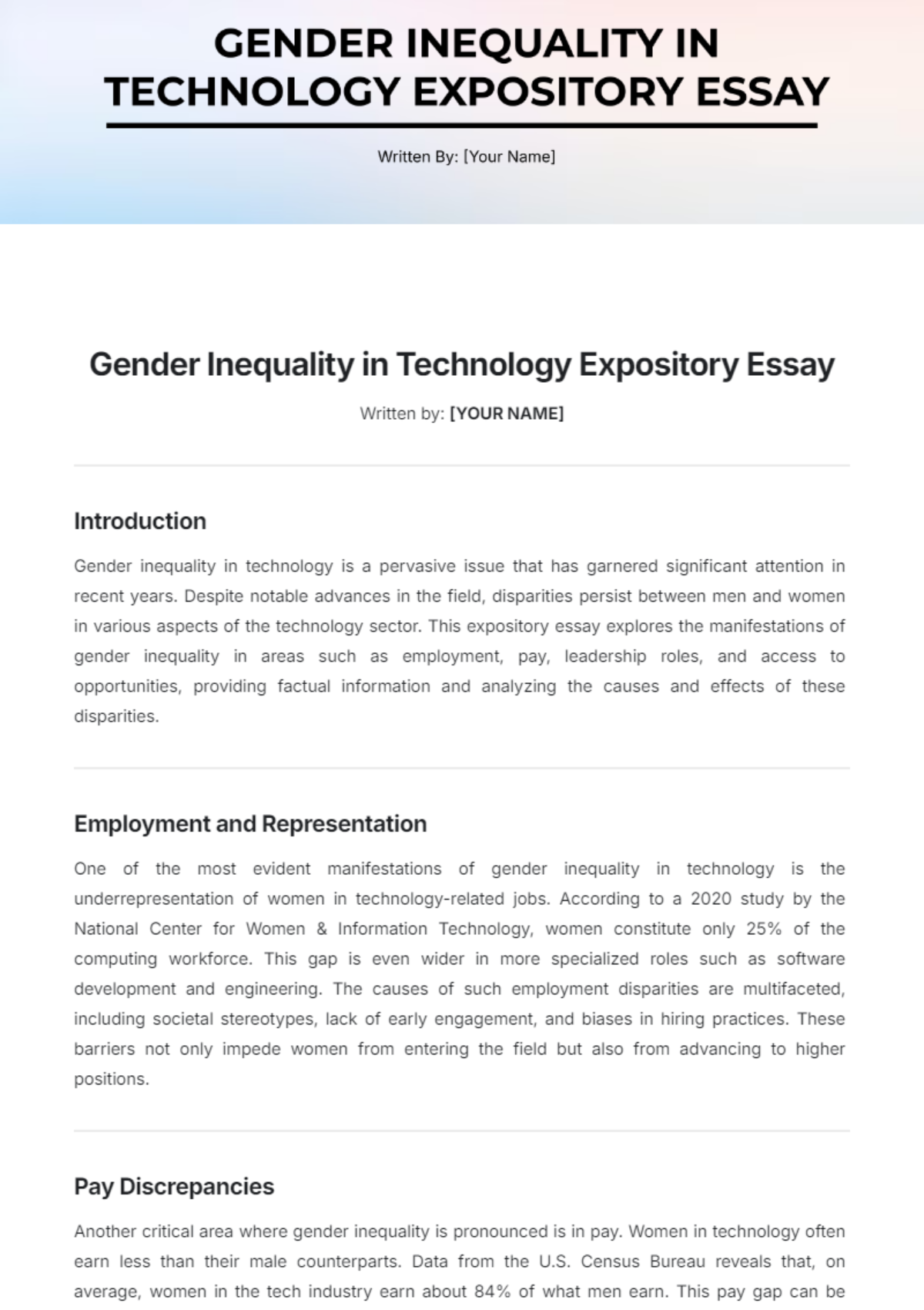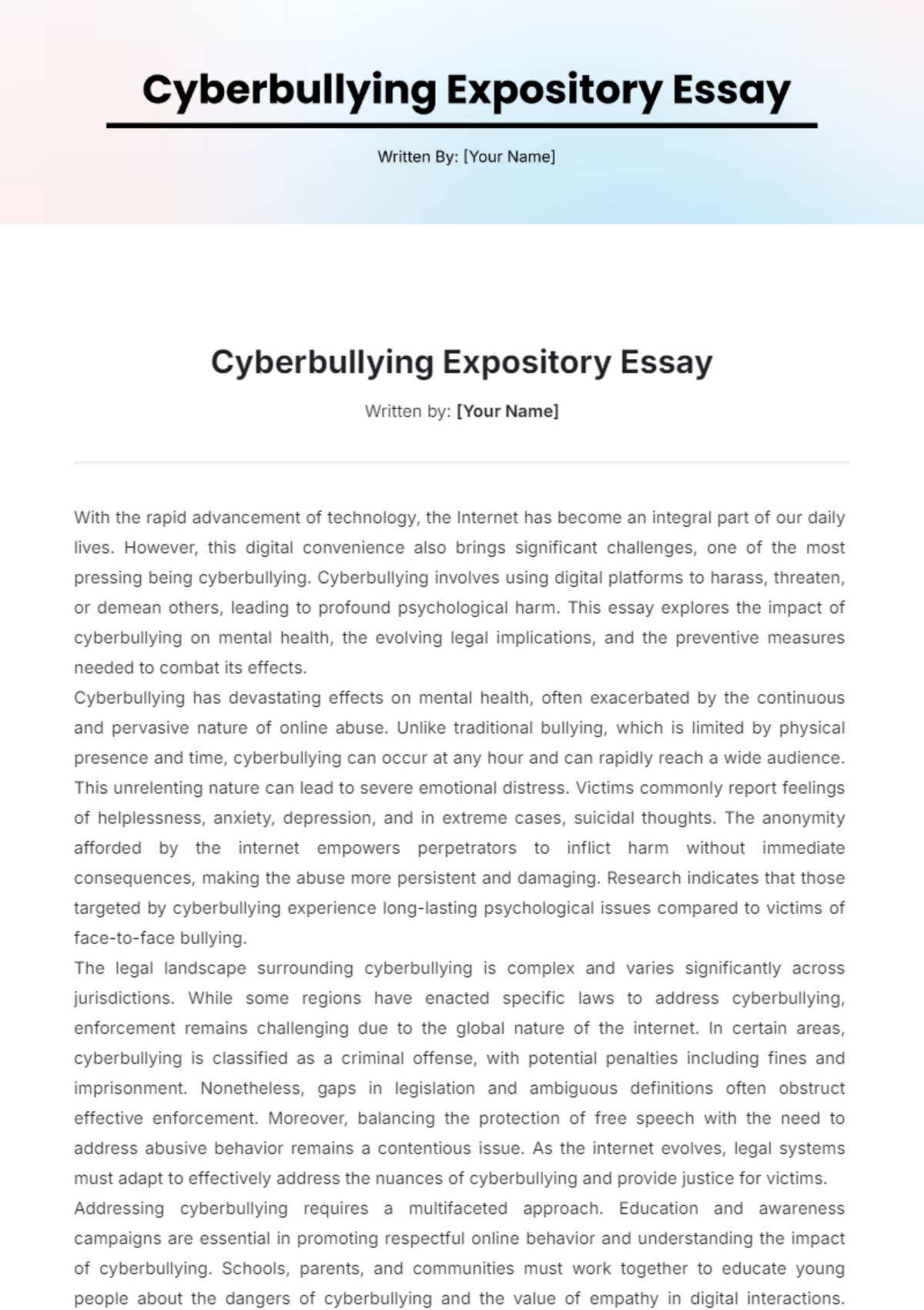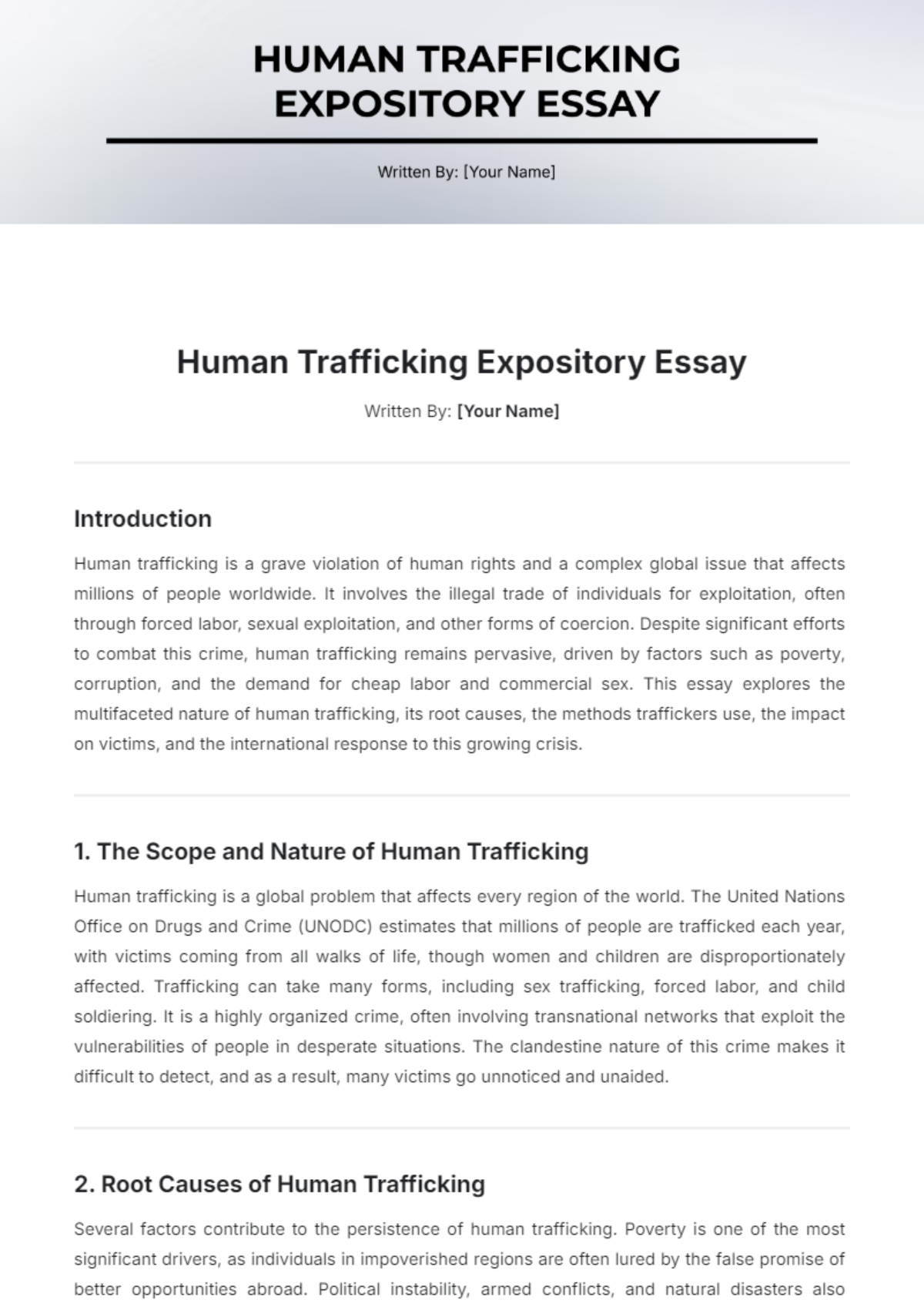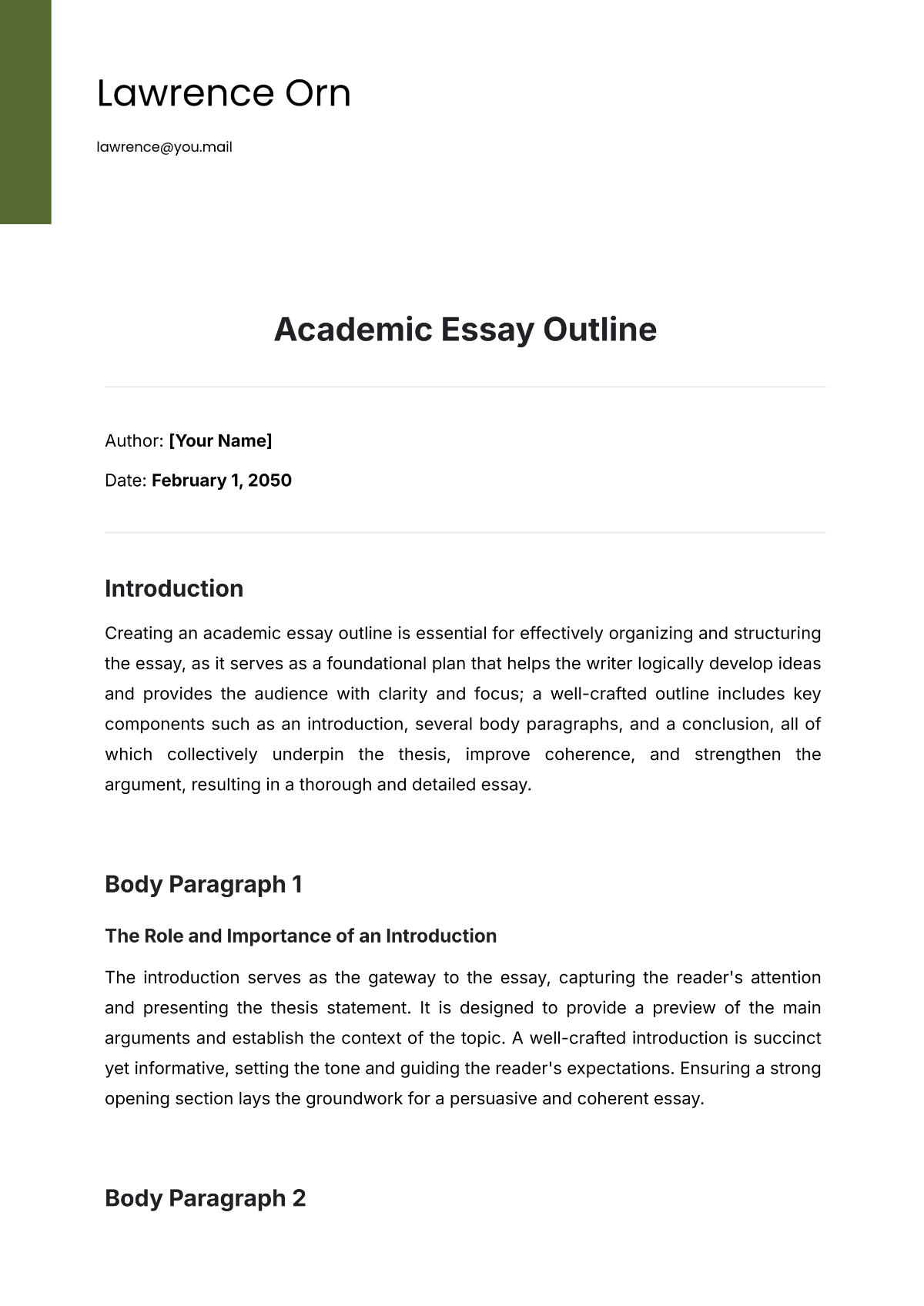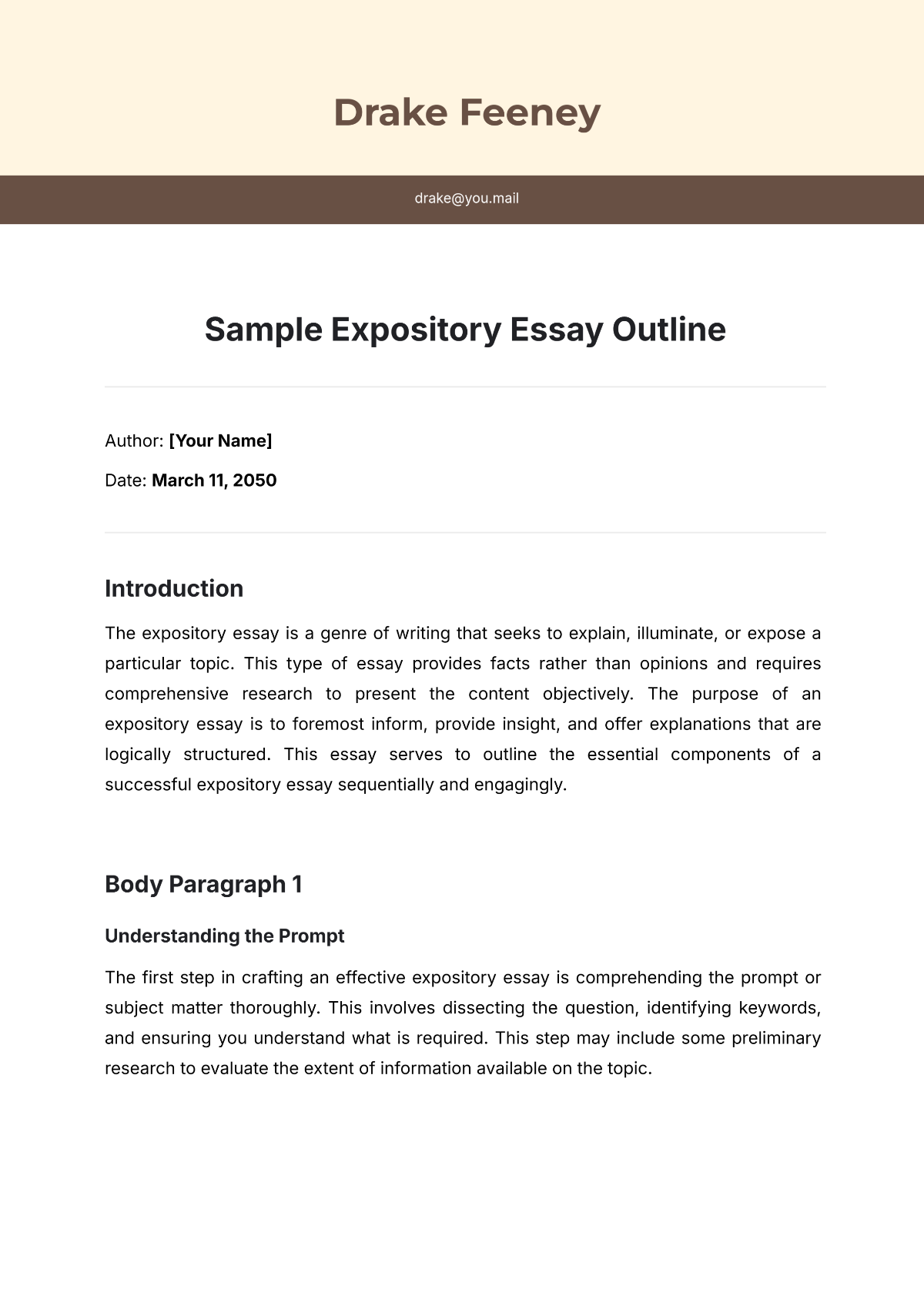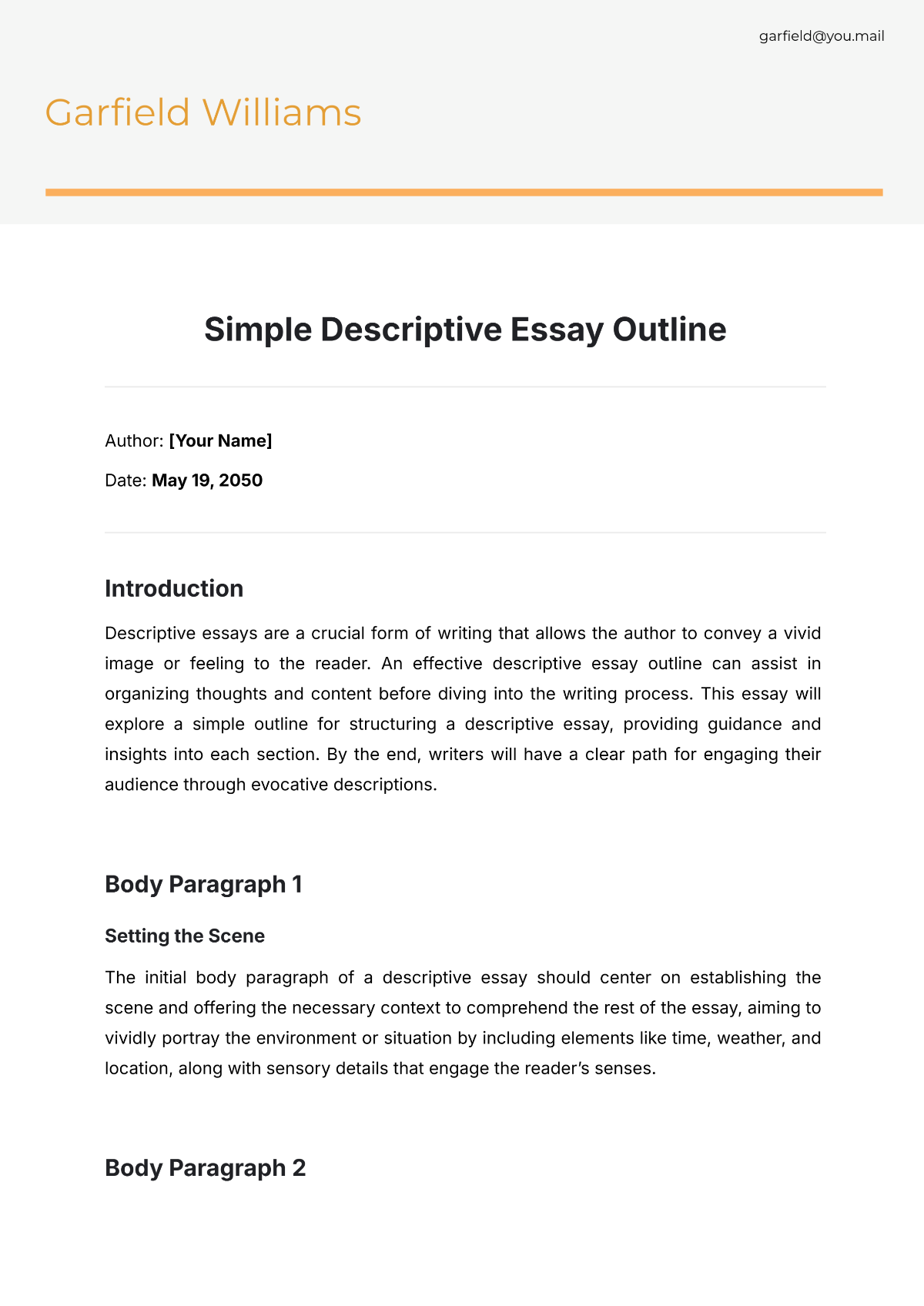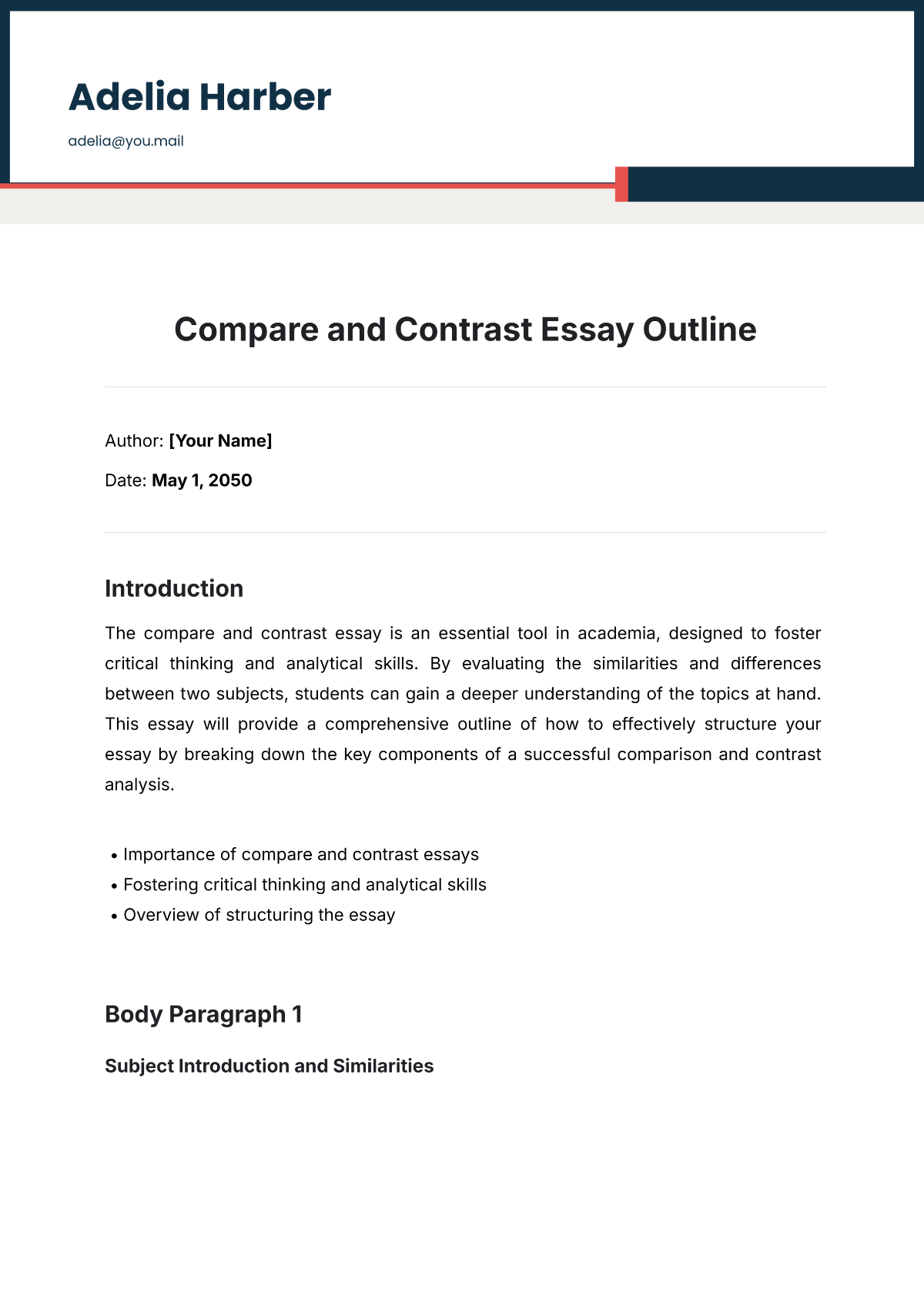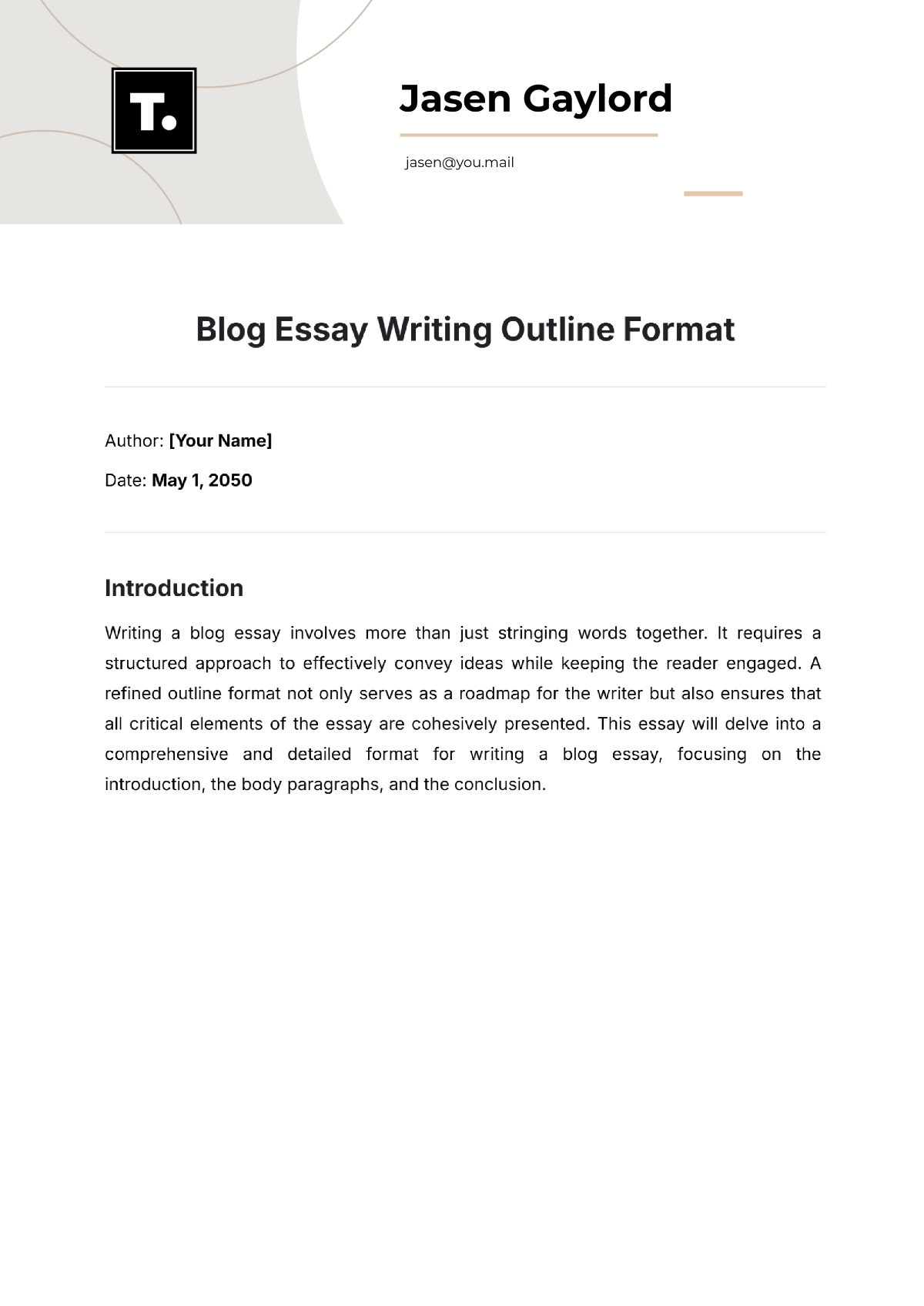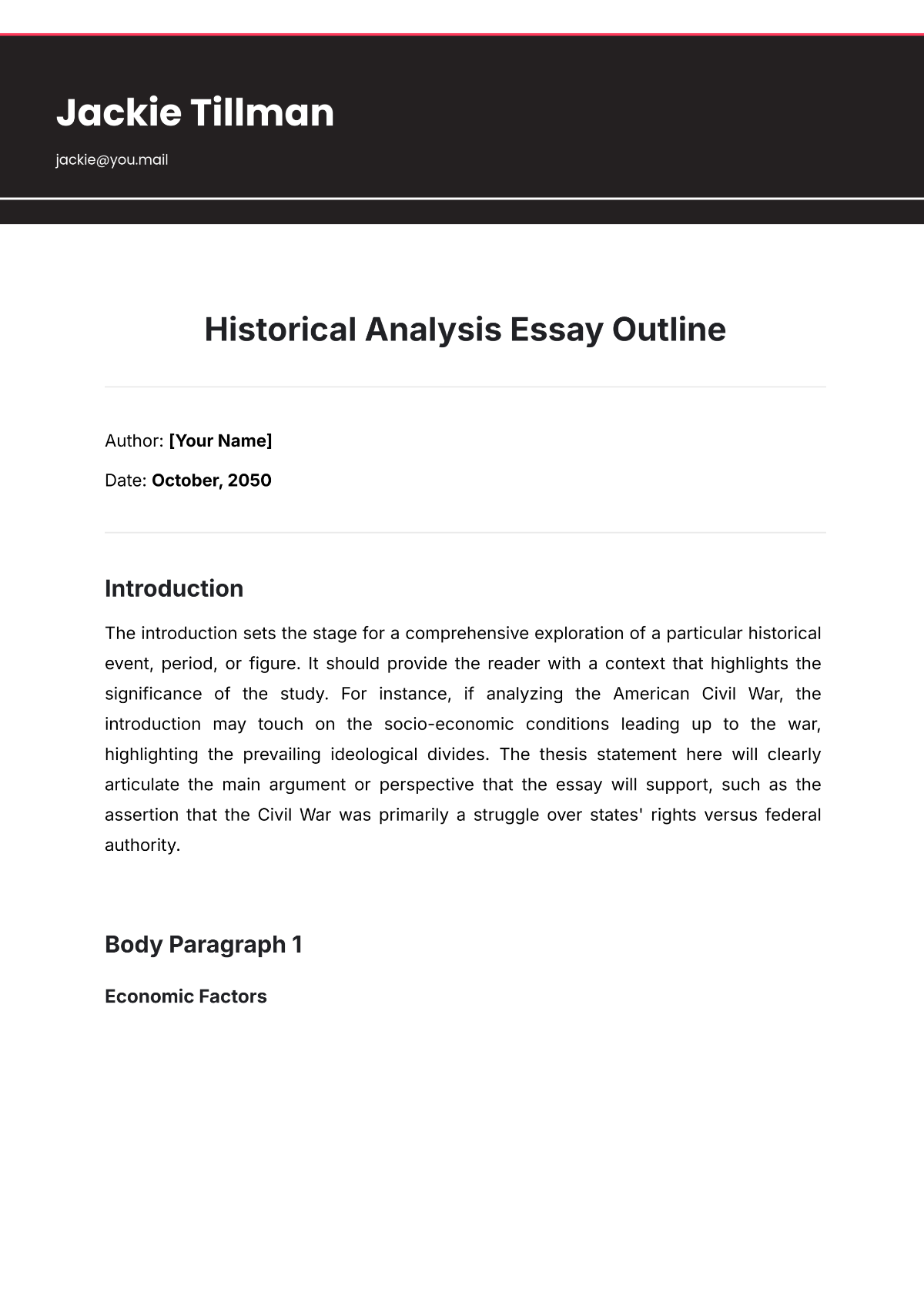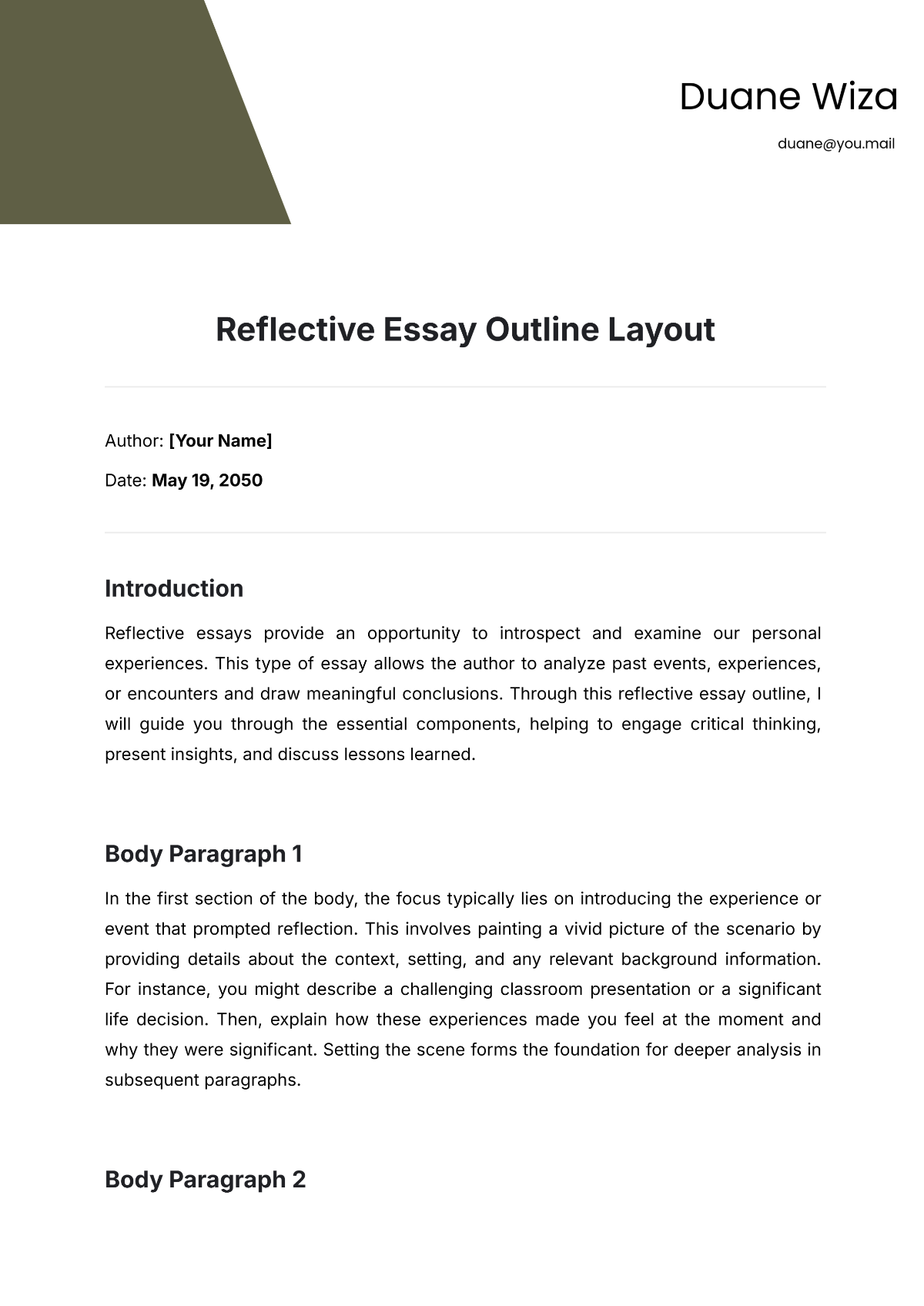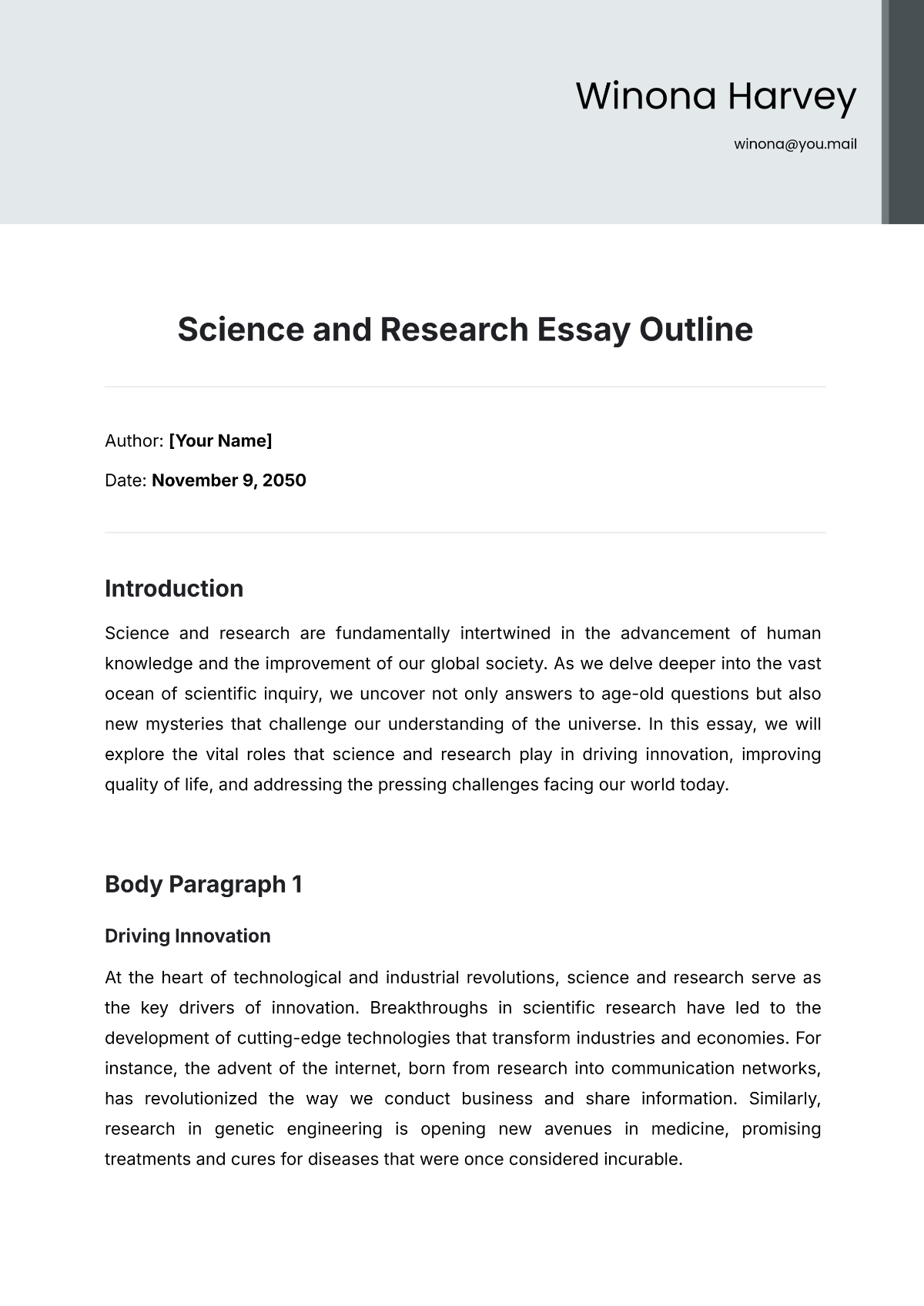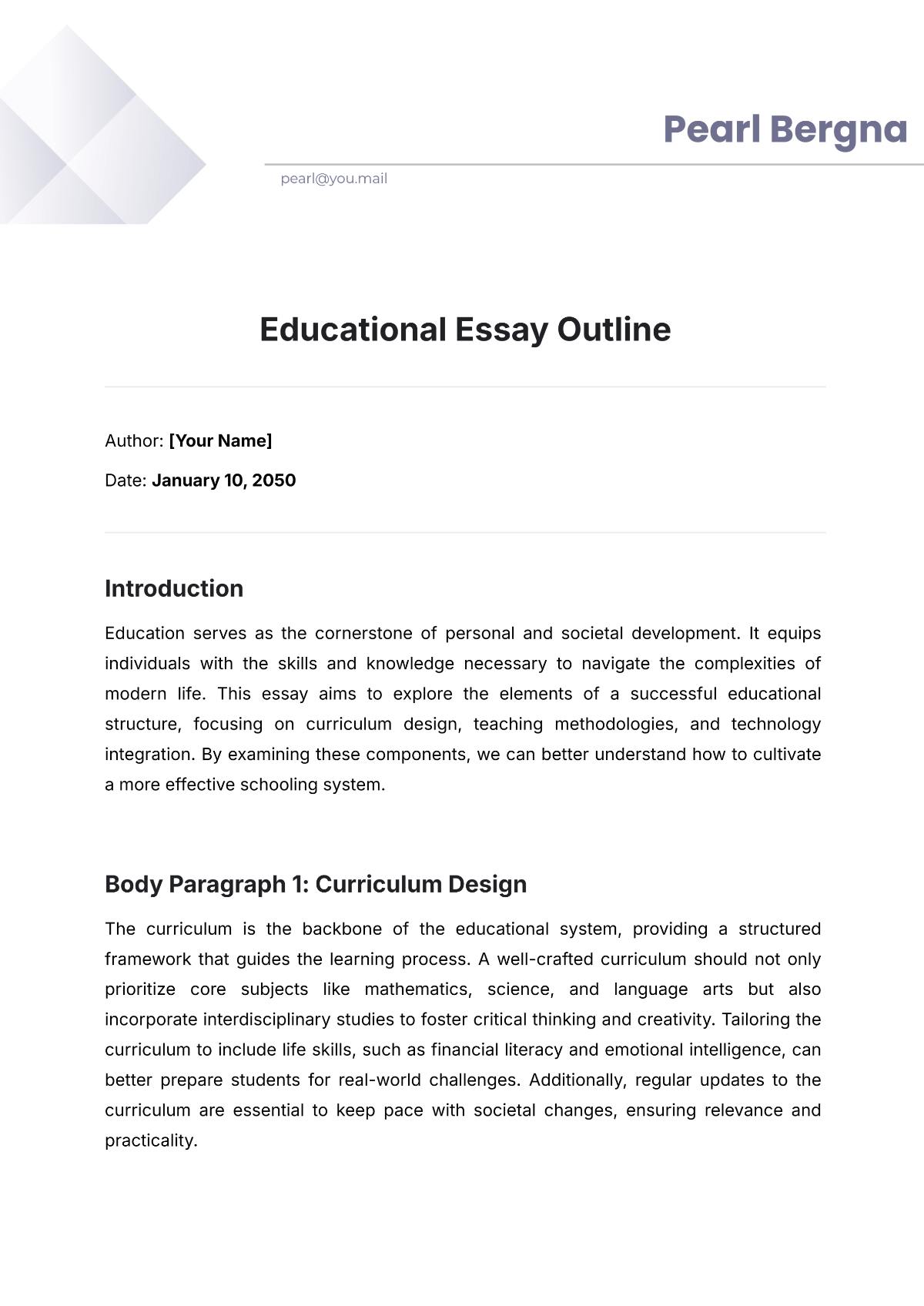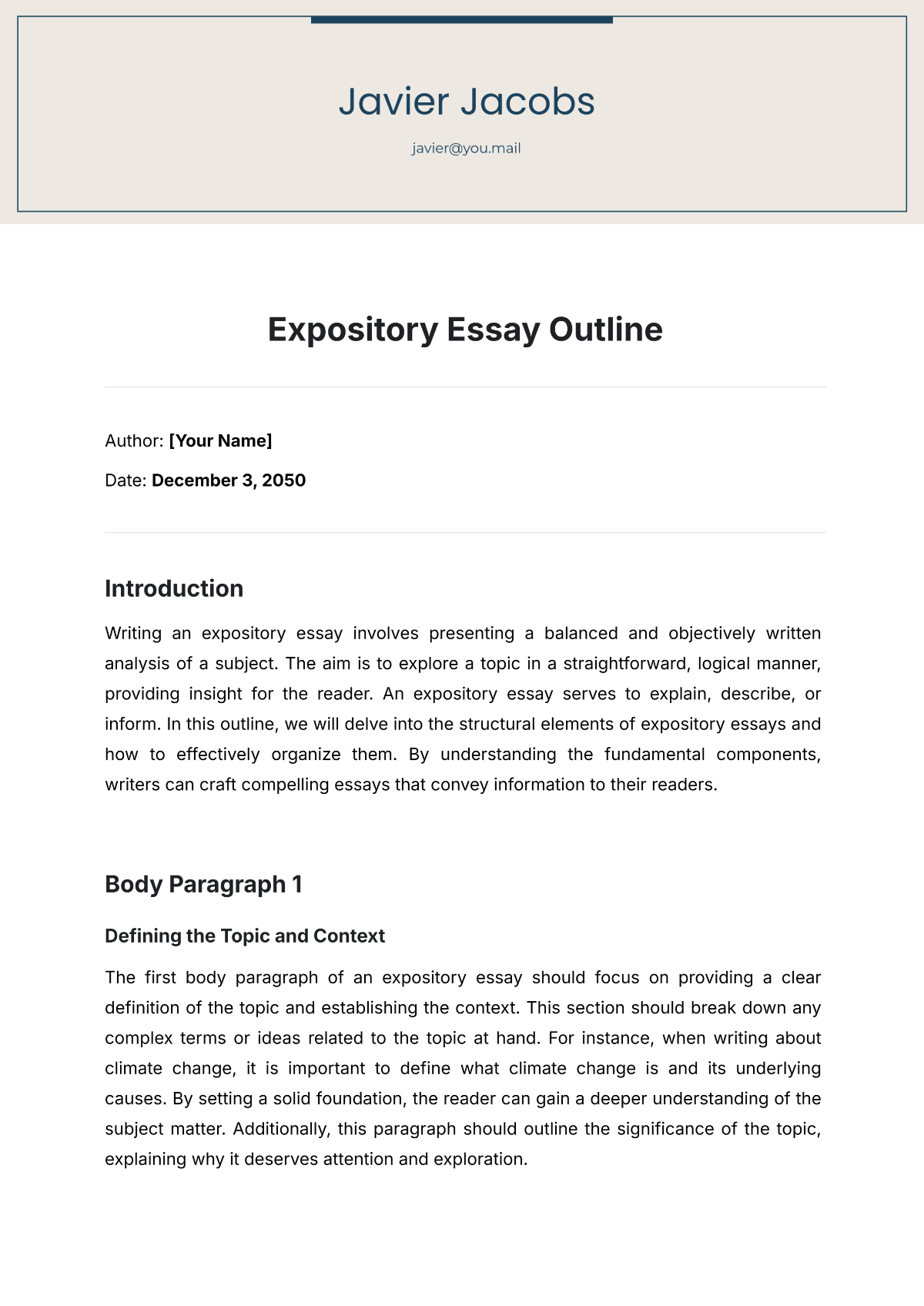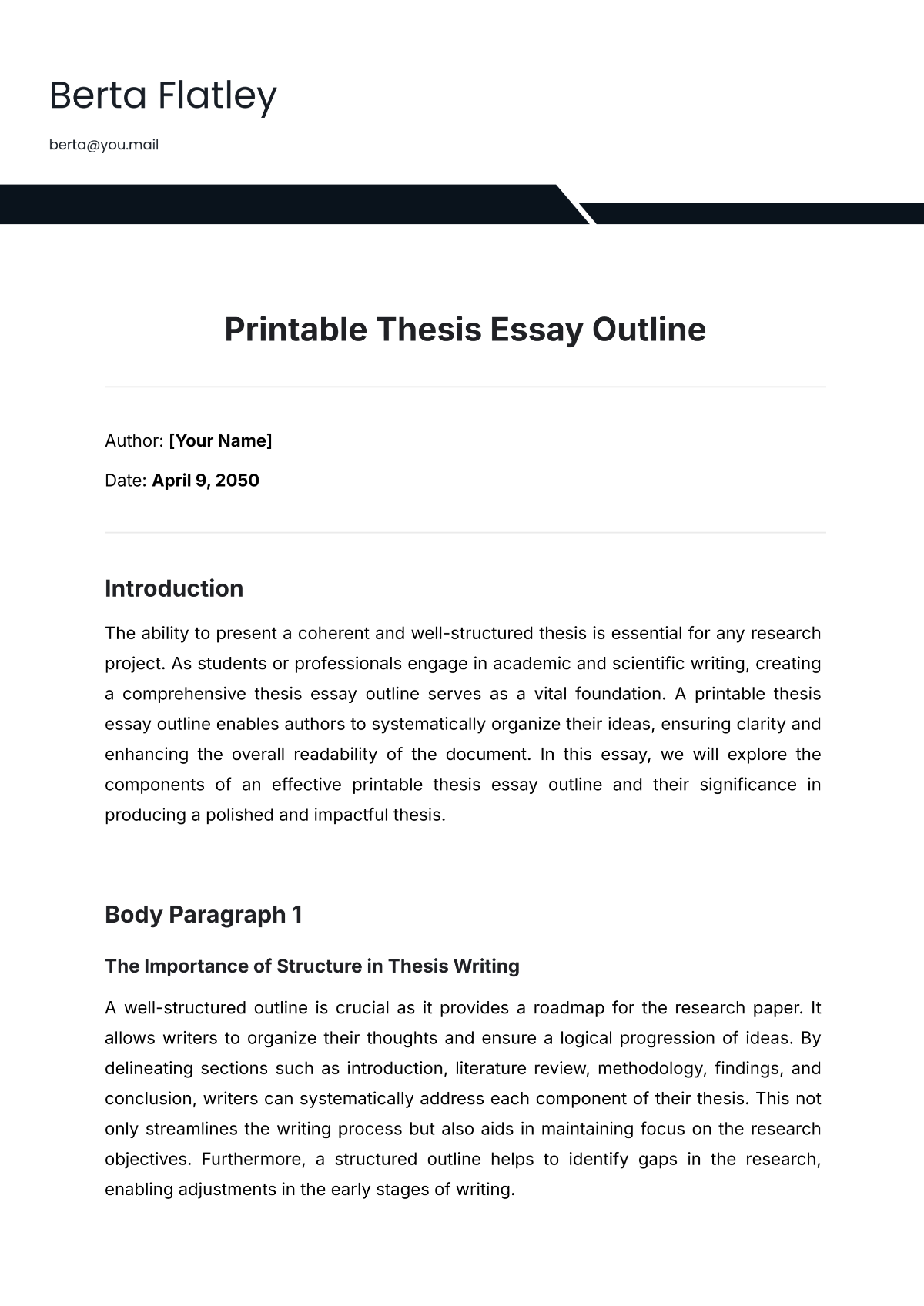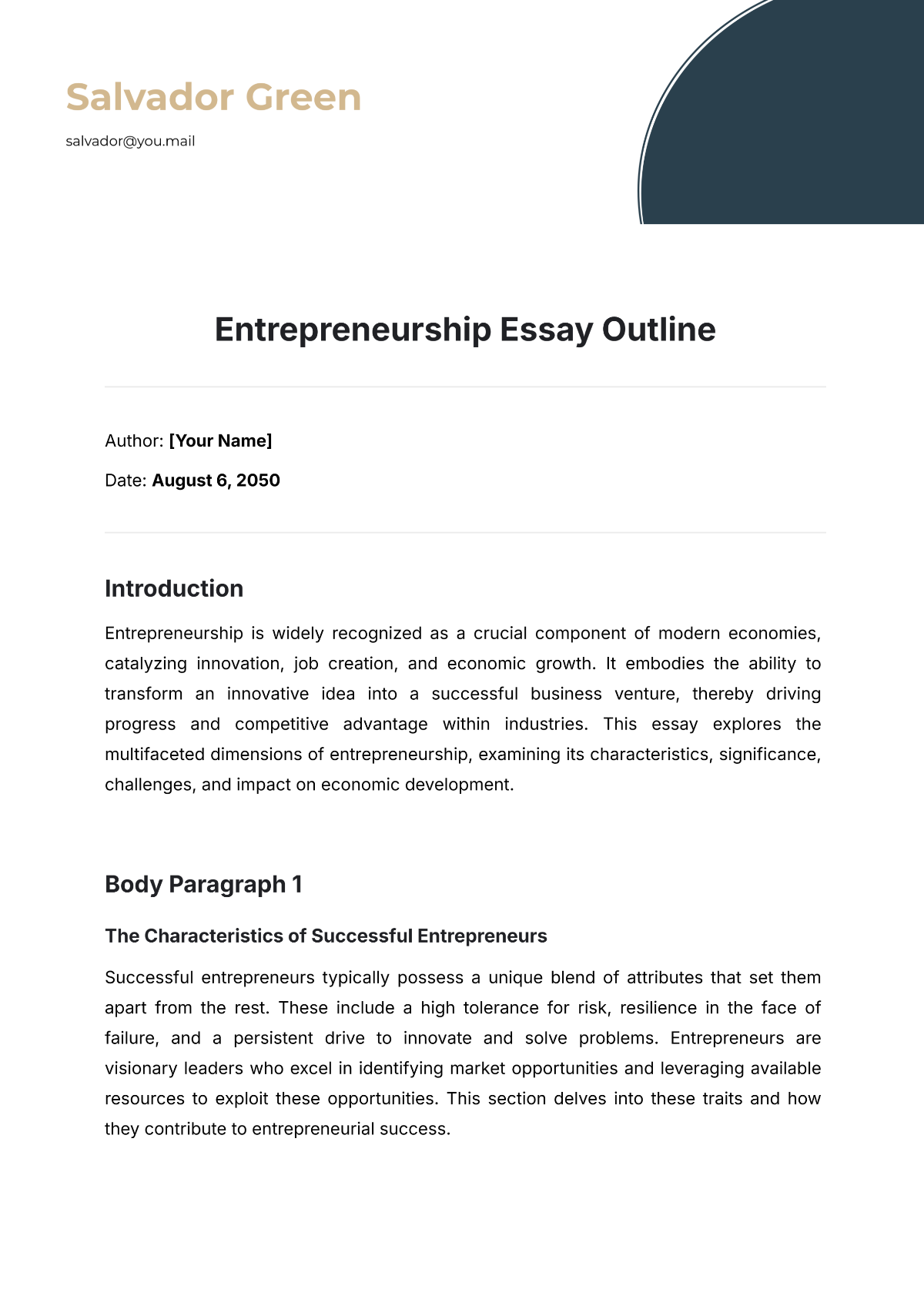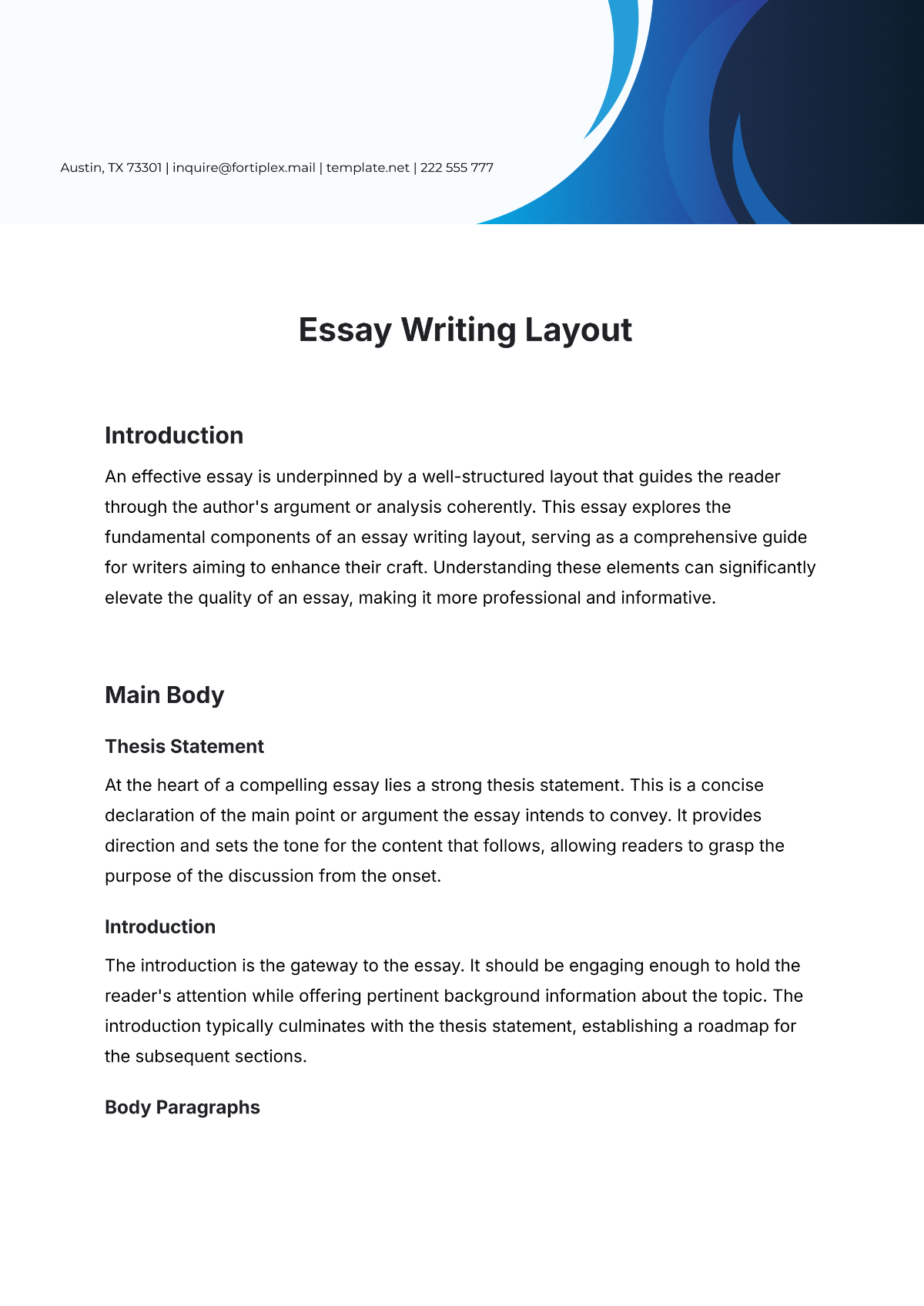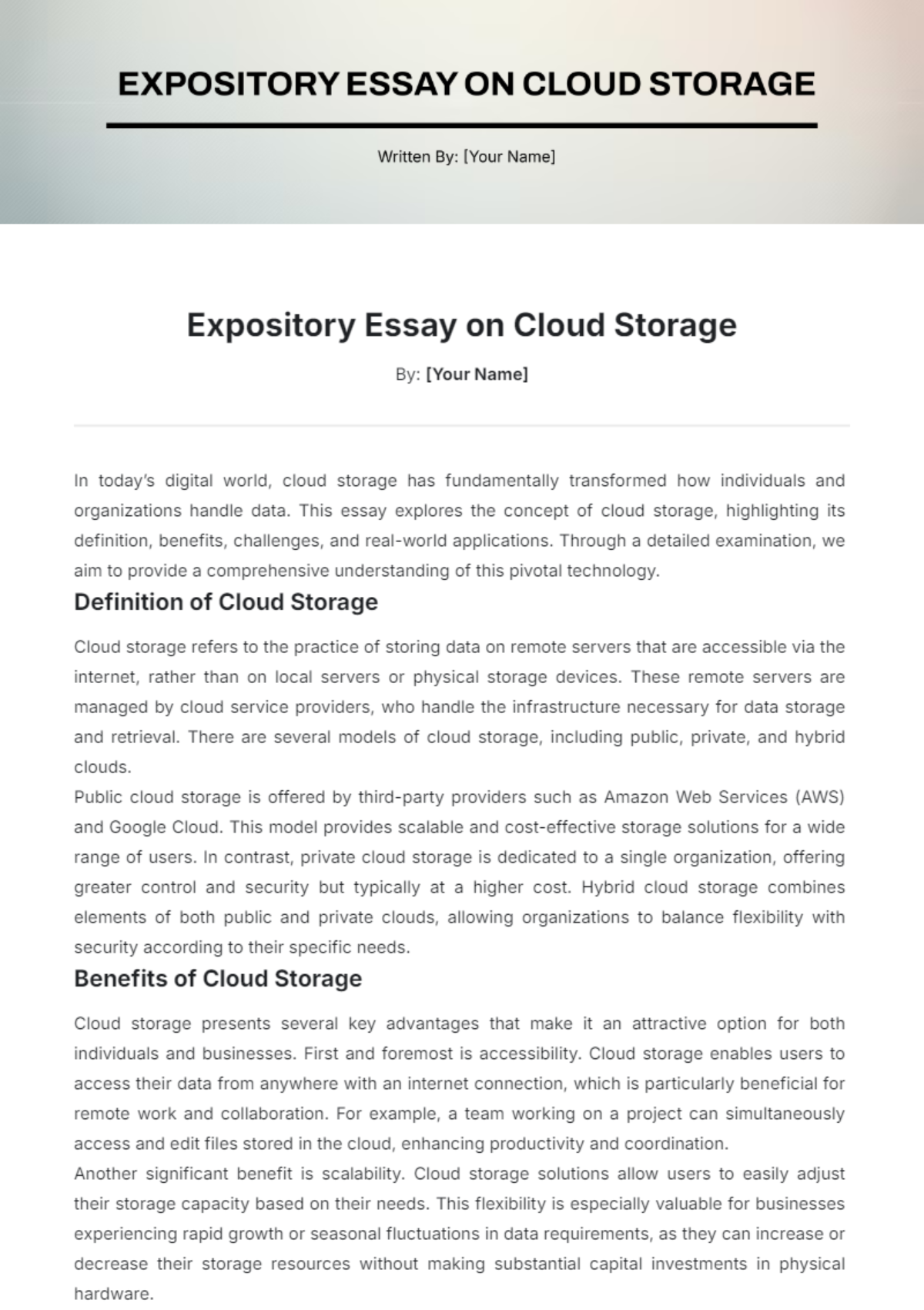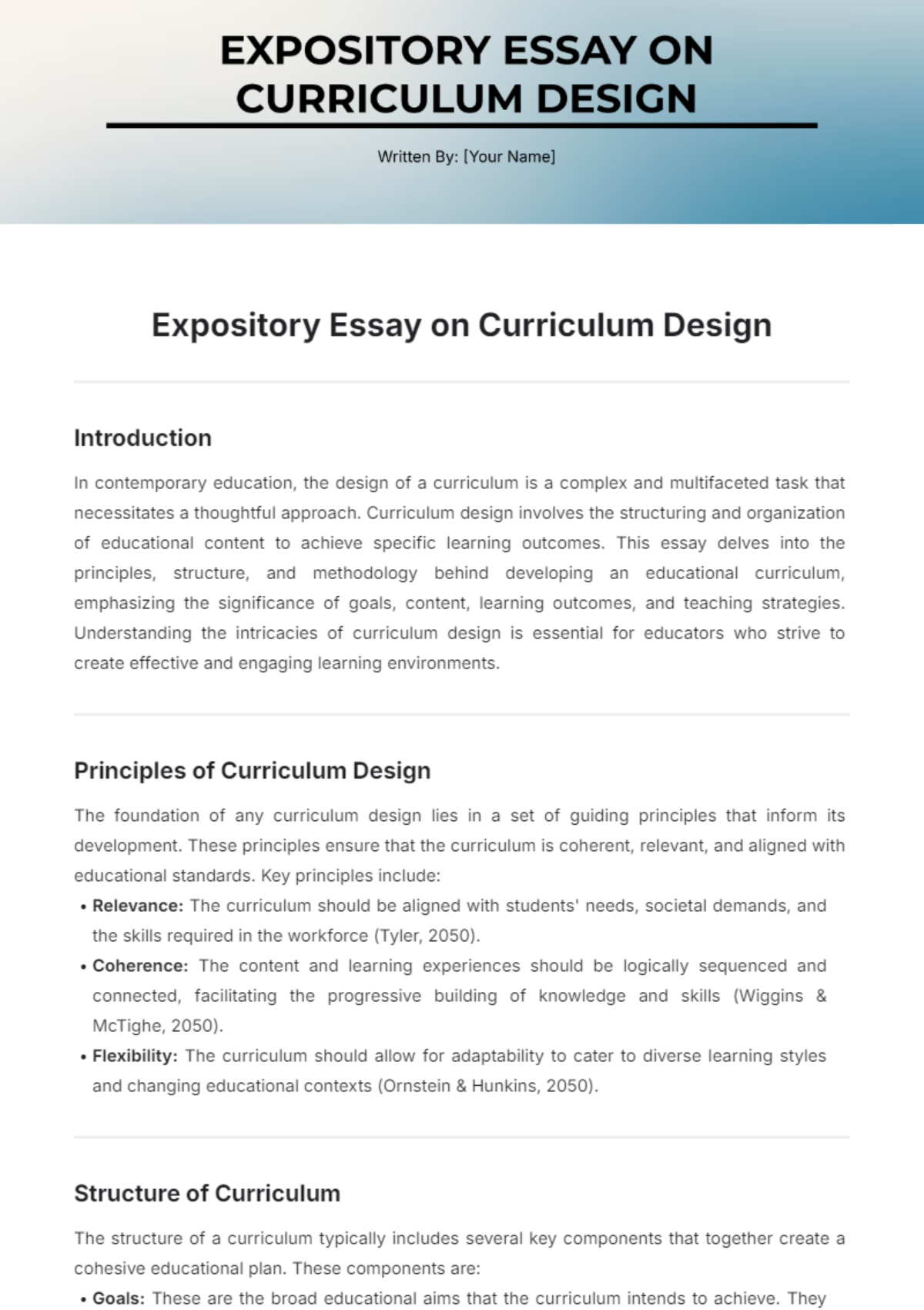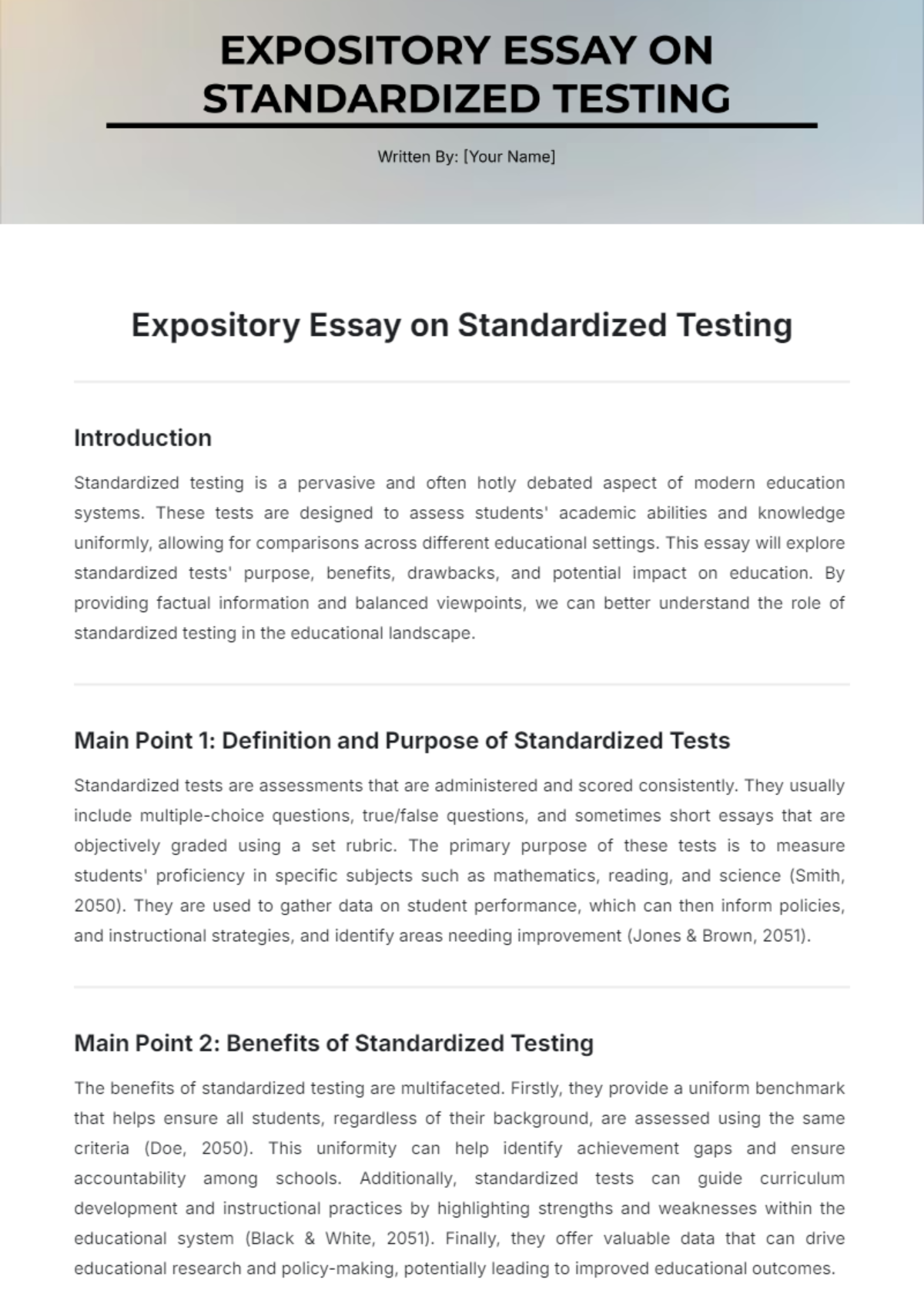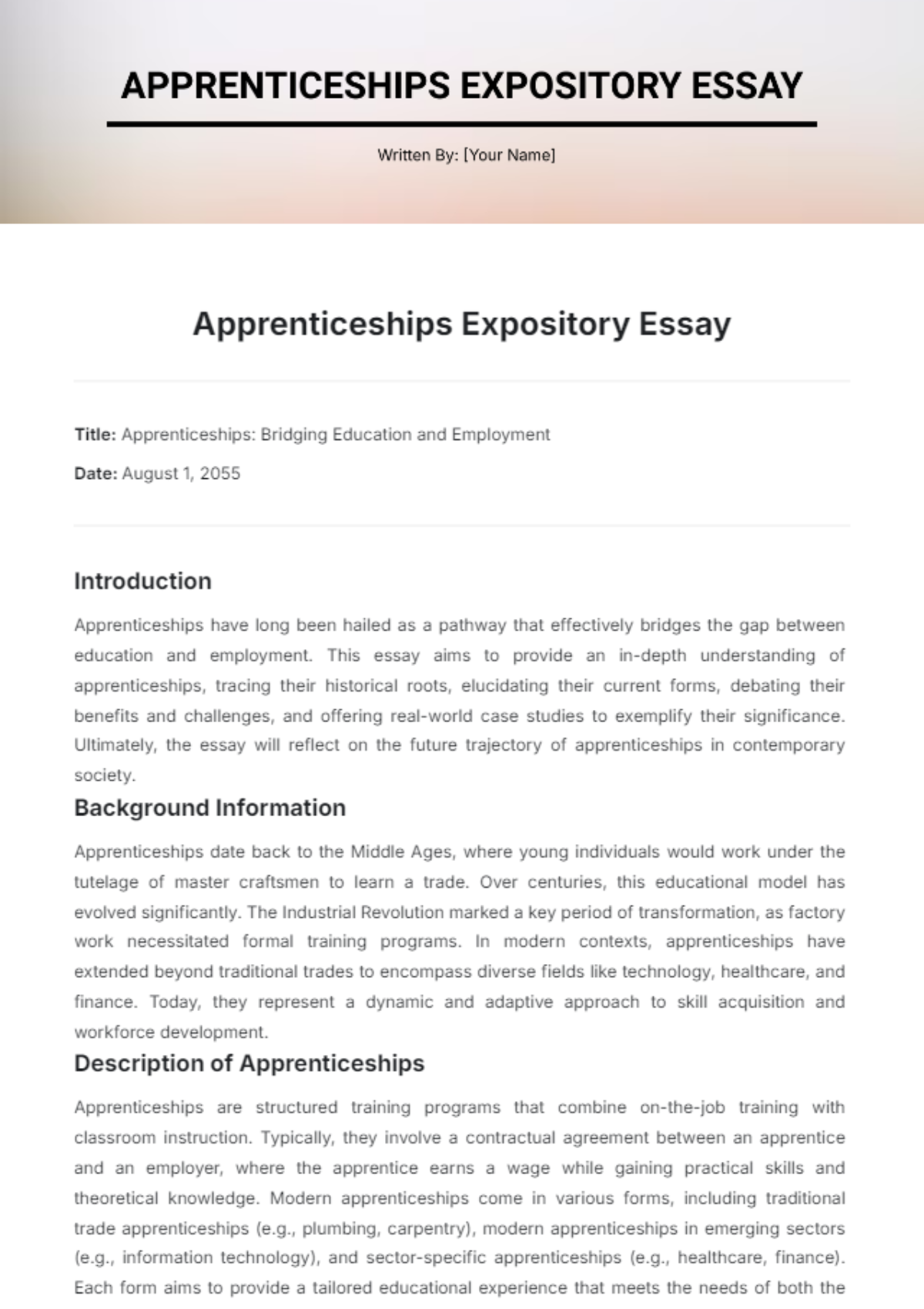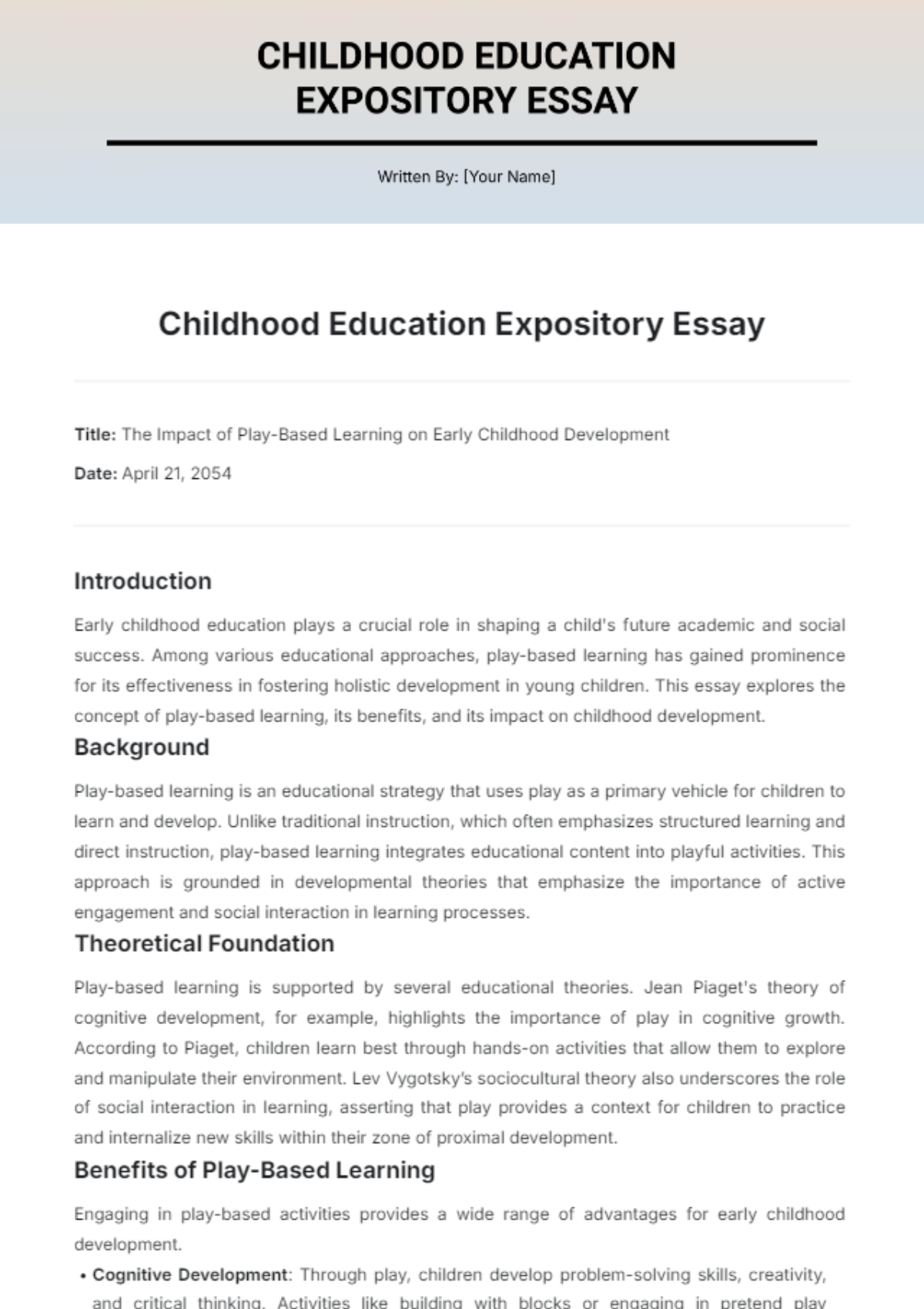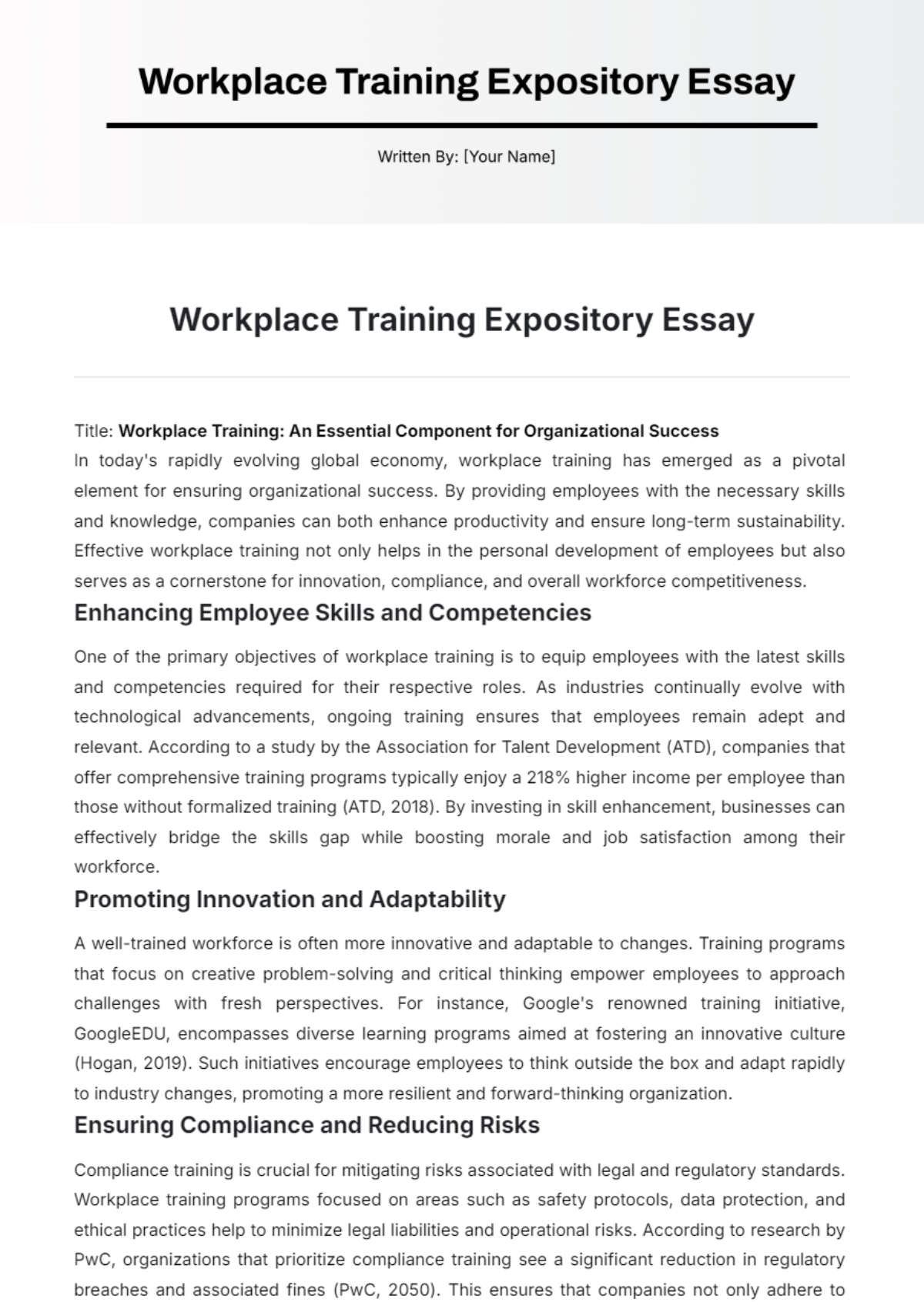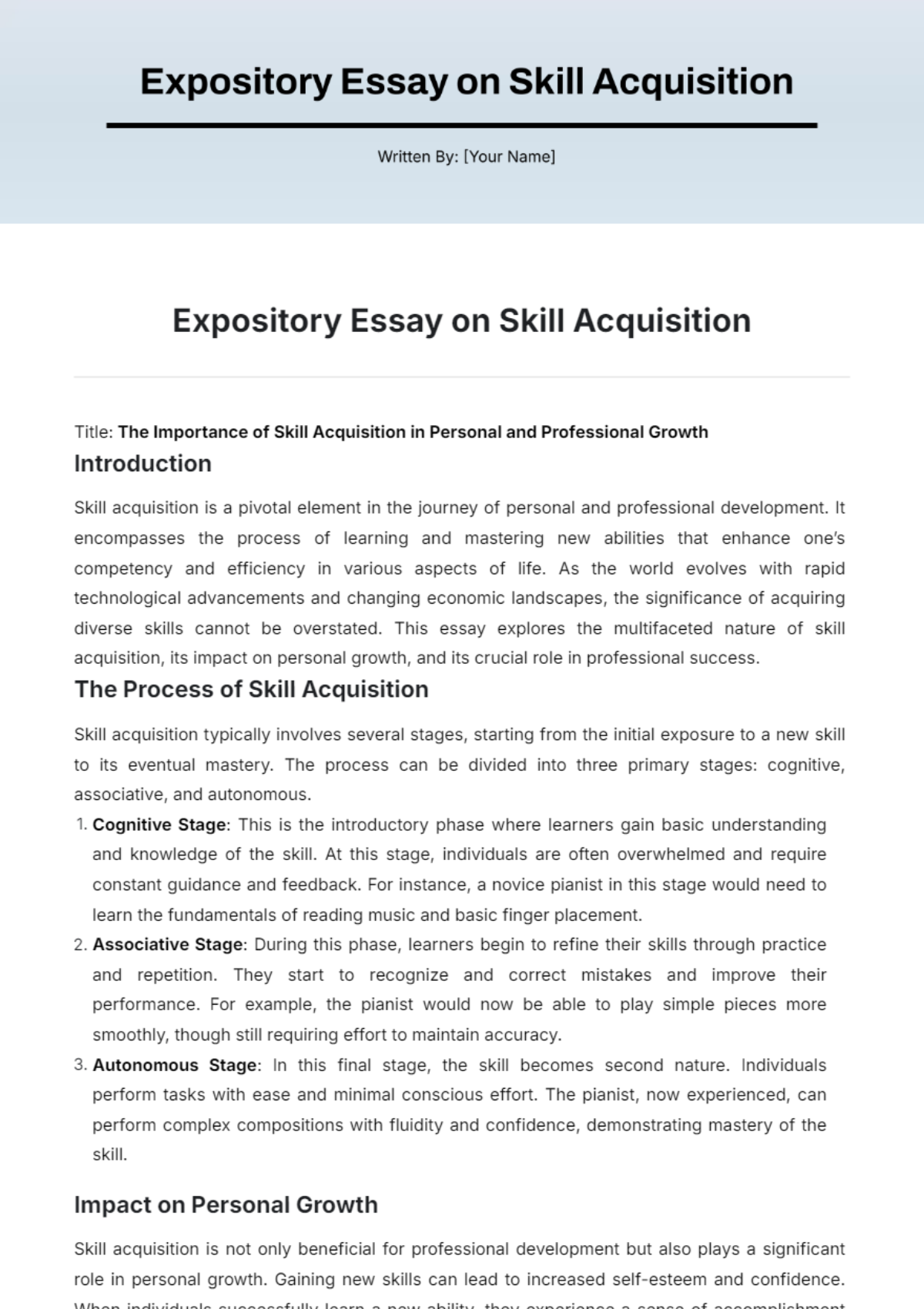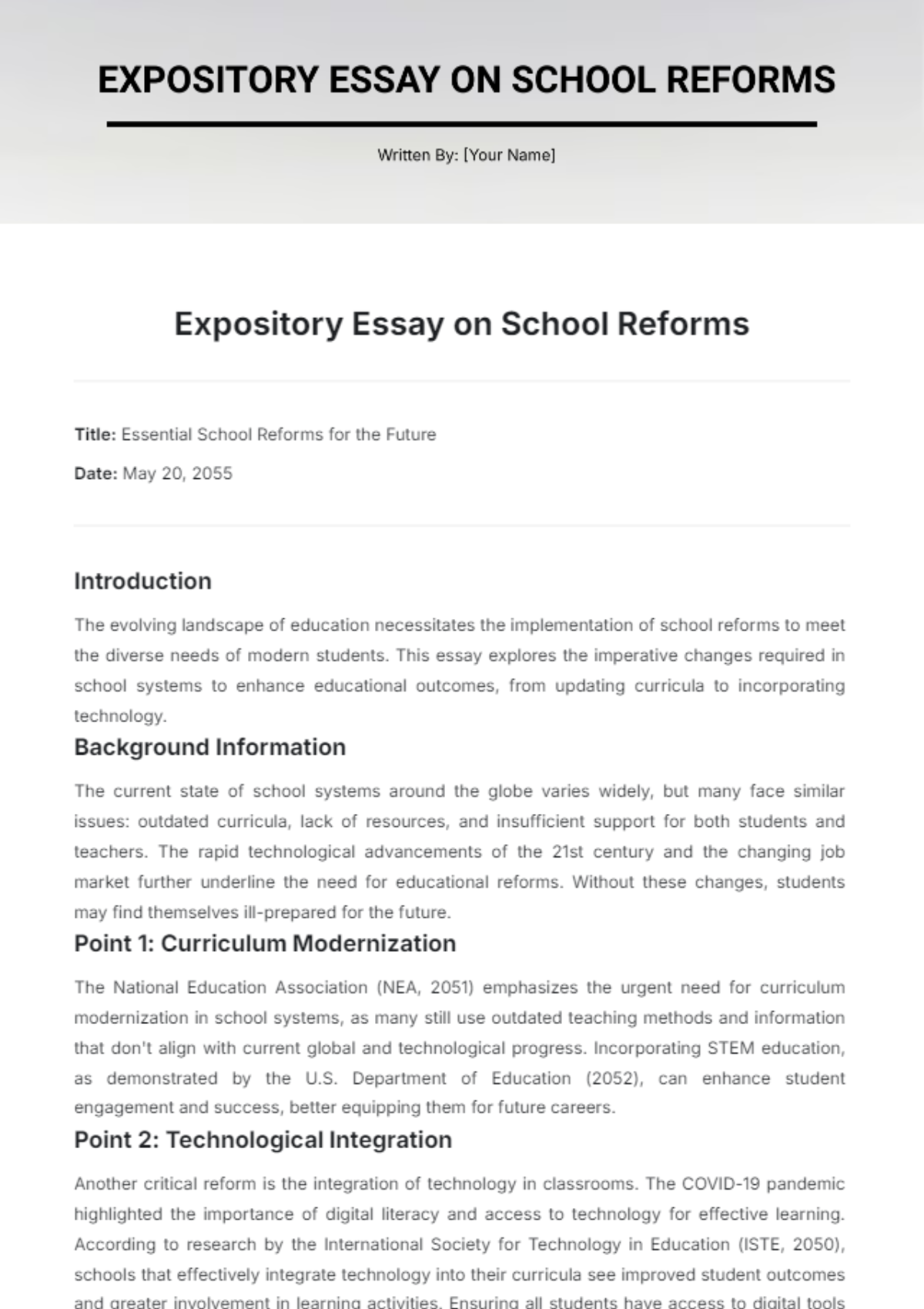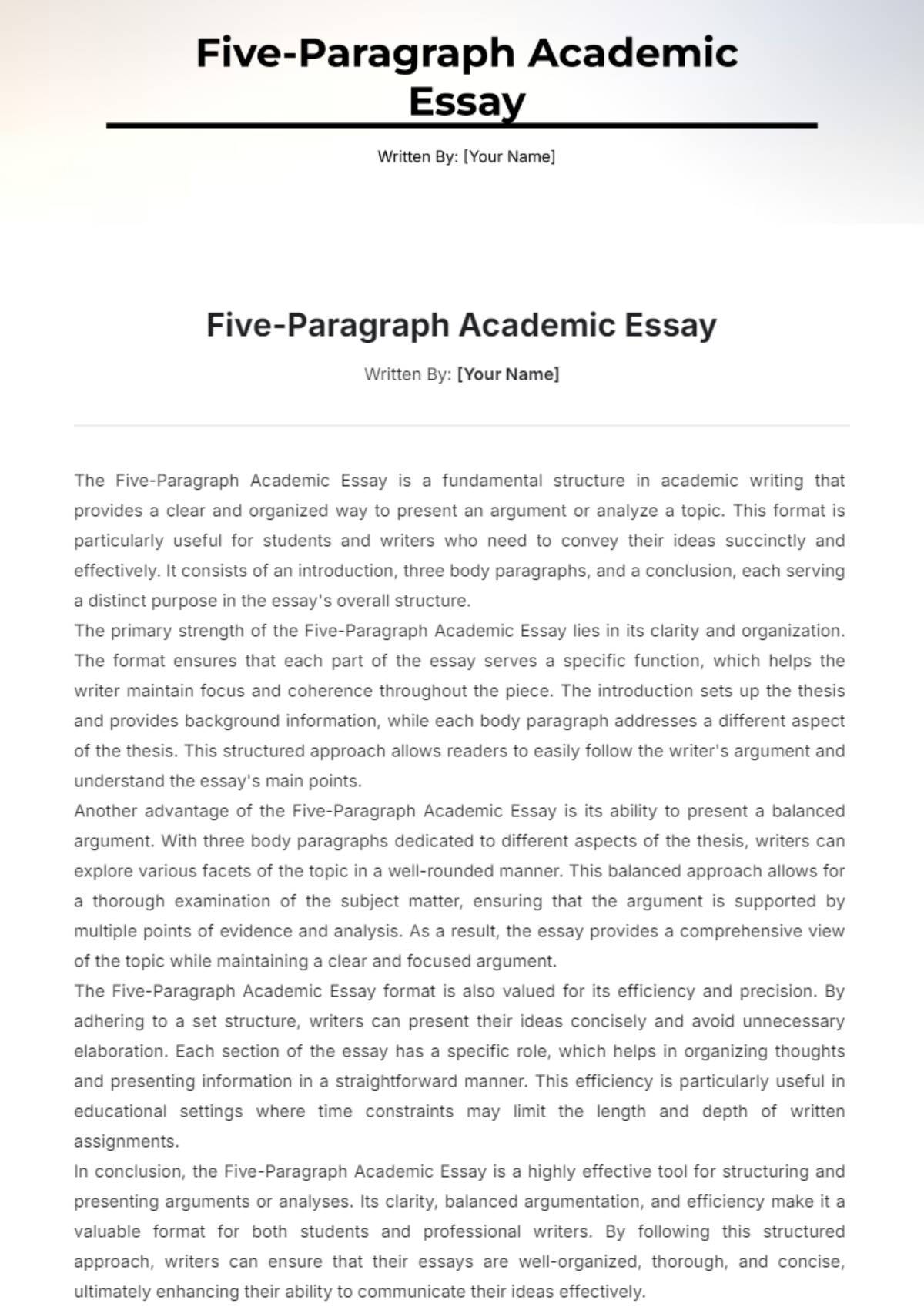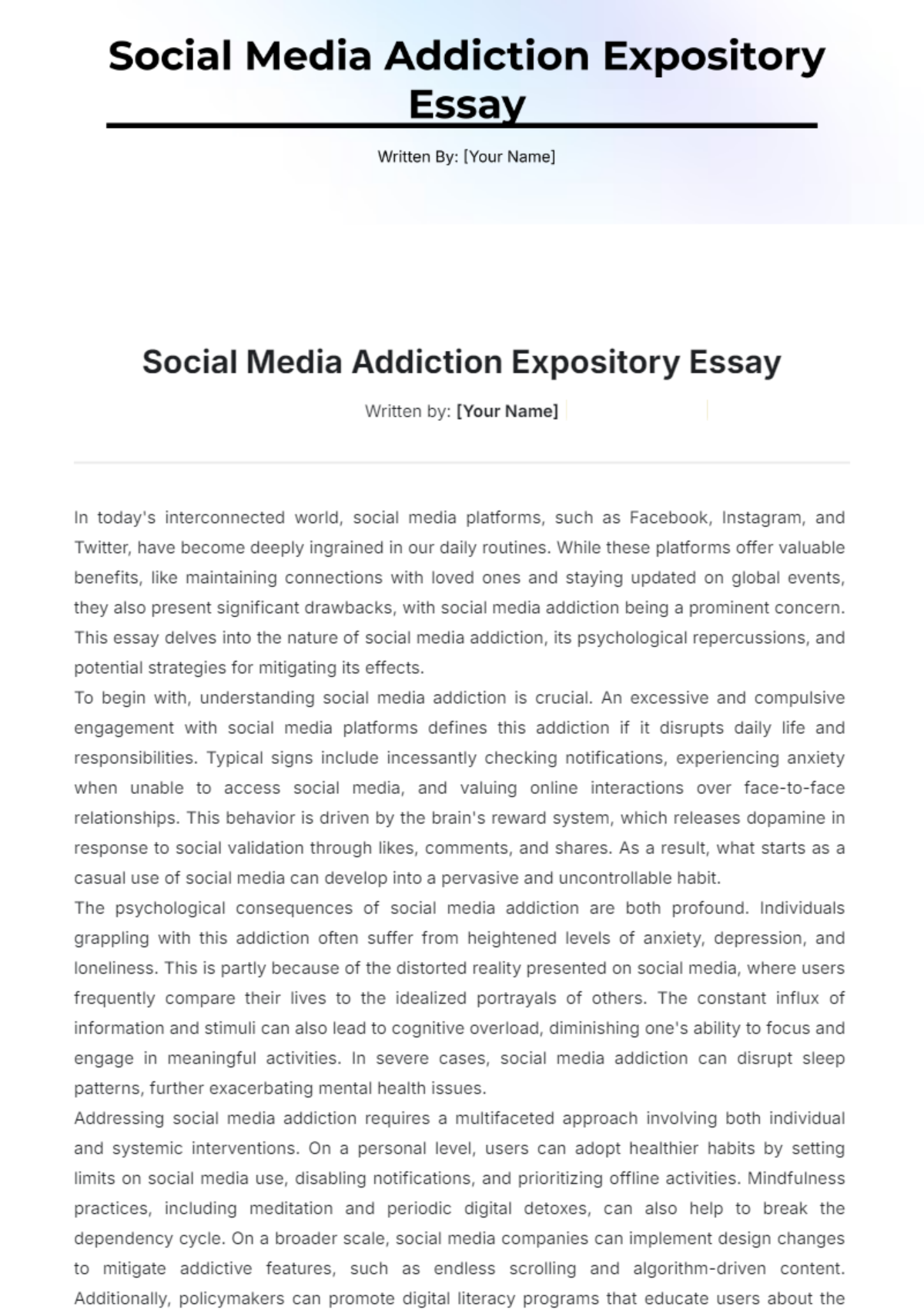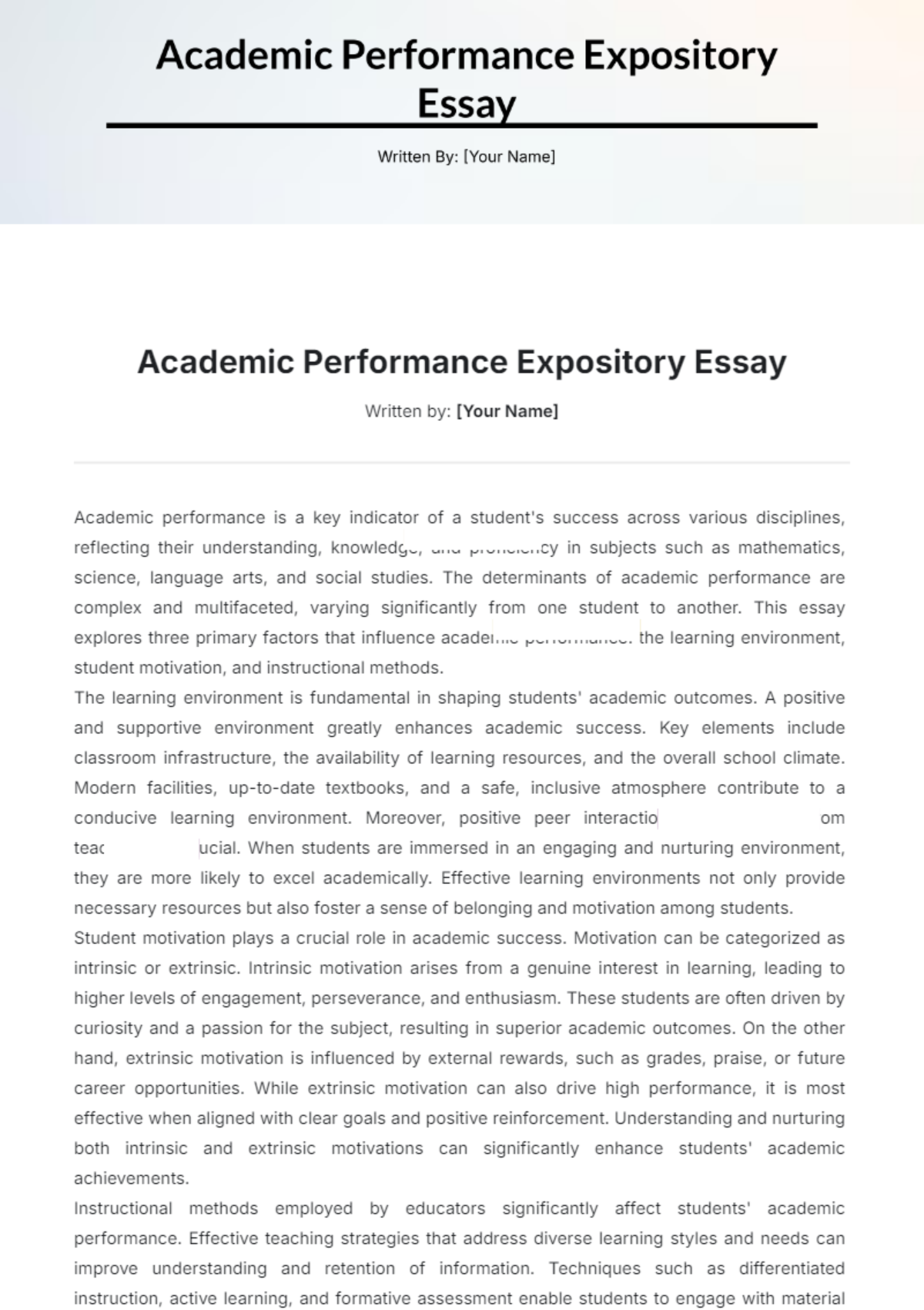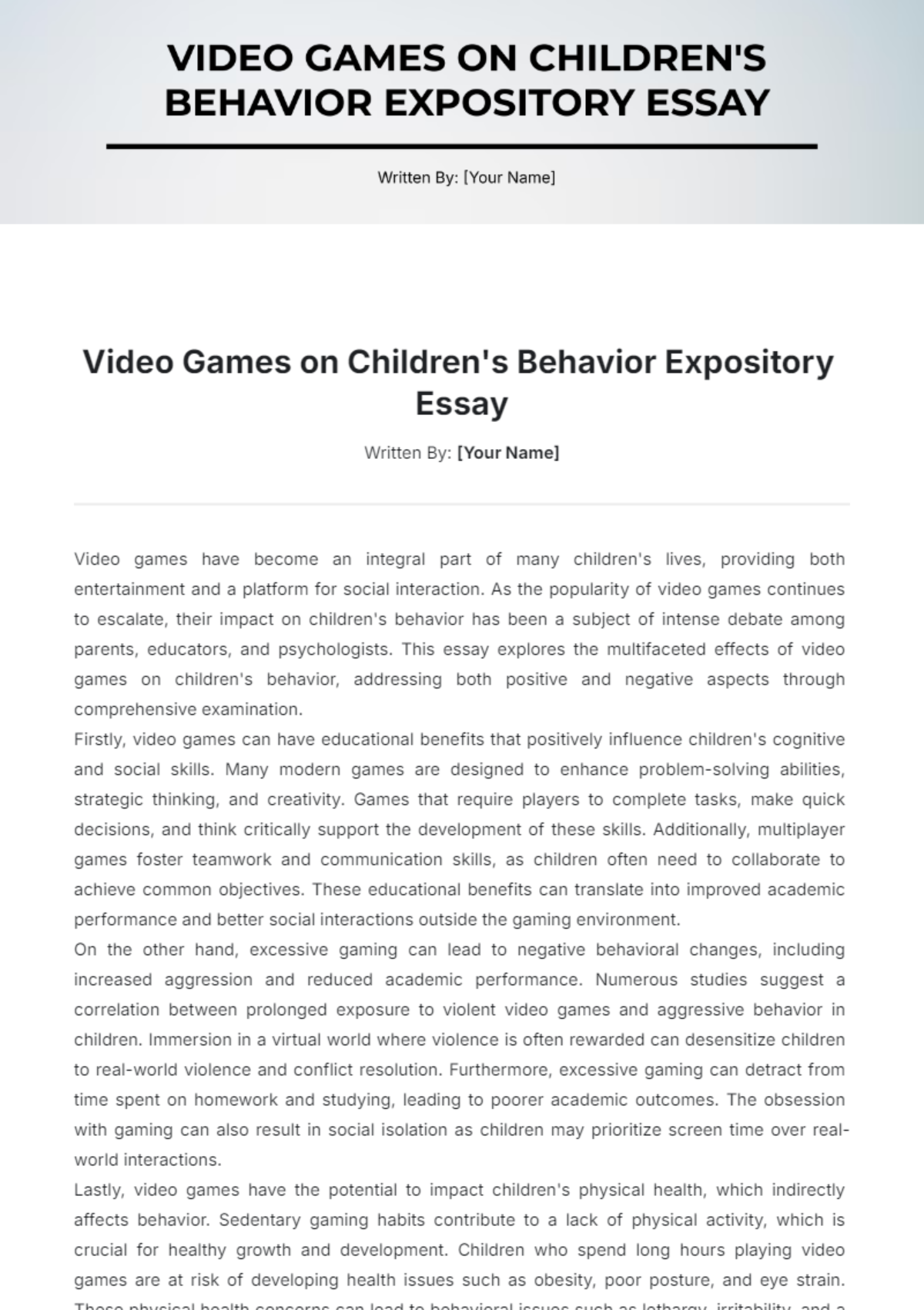Expository Essay on Net Neutrality
Title: The Importance of Net Neutrality in the Digital Age
Net neutrality is the principle that all internet traffic should be treated equally, regardless of the content, website, platform, or application. This concept ensures that internet service providers (ISPs) do not favor, block, or throttle specific websites or services. The debate over net neutrality has gained global attention due to its potential impact on how the internet operates. This essay will explore the origins of net neutrality, arguments for and against it, and its implications for users, businesses, and society.
The term "net neutrality" was coined by Columbia University law professor Tim Wu in 2060. It reflects the idea that ISPs should remain neutral in their management of data traffic, allowing consumers equal access to online content. By 2050, the rules governing net neutrality have evolved significantly. The original Federal Communications Commission (FCC) rules from 2060, which were reversed in 2056, have led to decades of debate and regulatory adjustments. Today, net neutrality stands at the center of internet governance policies as governments worldwide continue to grapple with the balance between open internet access and the interests of ISPs.
Proponents of net neutrality argue that it promotes competition and innovation. If ISPs were allowed to charge for faster delivery of content, large companies could dominate the internet, leaving smaller startups and independent content creators at a disadvantage. Net neutrality also protects freedom of speech, as ISPs would not have the ability to block or prioritize certain viewpoints. Without these protections, users might face a fragmented internet where certain services are only accessible at a higher cost, limiting consumer choice. By 2050, these concerns have only grown more urgent, as the digital economy continues to expand and more services become internet-dependent.
Opponents of net neutrality claim that it stifles innovation by limiting the ability of ISPs to manage network traffic efficiently. They argue that bandwidth-intensive services, such as video streaming and virtual reality, should be able to pay more for faster speeds, allowing ISPs to fund network improvements. Additionally, critics argue that government regulations like net neutrality could discourage investment in infrastructure, as ISPs would have less financial incentive to upgrade and expand their networks. As of 2050, many ISPs insist that a tiered system is necessary to manage the massive data demands of the Internet of Things (IoT) and other emerging technologies.
Net neutrality remains a critical issue in 2050, with valid arguments on both sides. However, the potential for ISPs to control access to online content without net neutrality protections poses significant risks to innovation, competition, and freedom of expression. The future of the internet as an open platform may depend on whether or not policies like net neutrality are consistently upheld. As the debate continues, it is crucial to balance the interests of consumers, businesses, and ISPs in shaping the future of the digital world.
